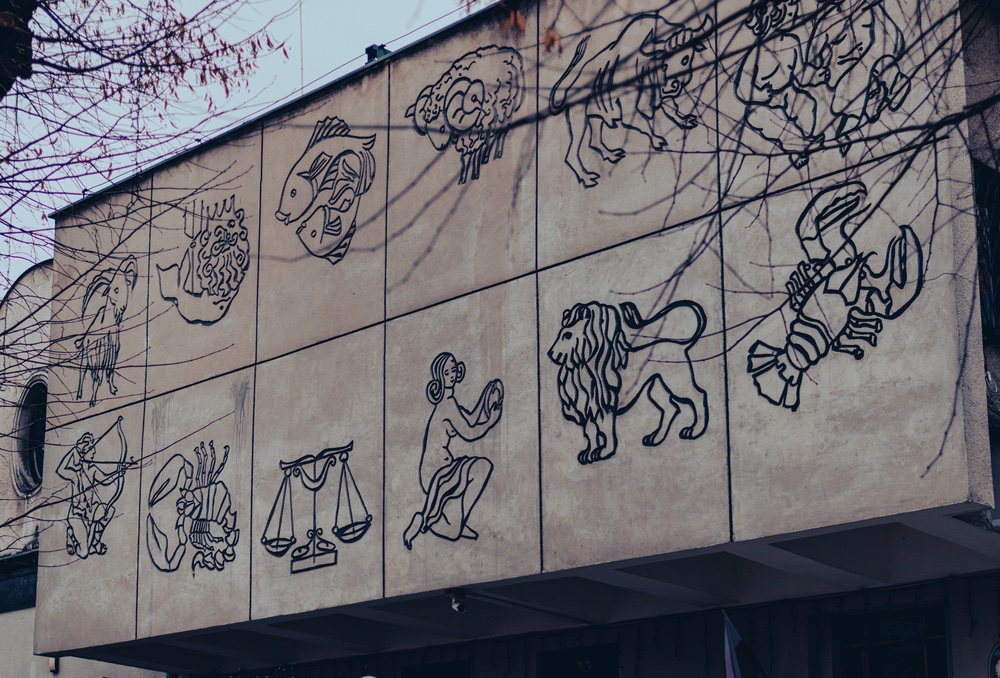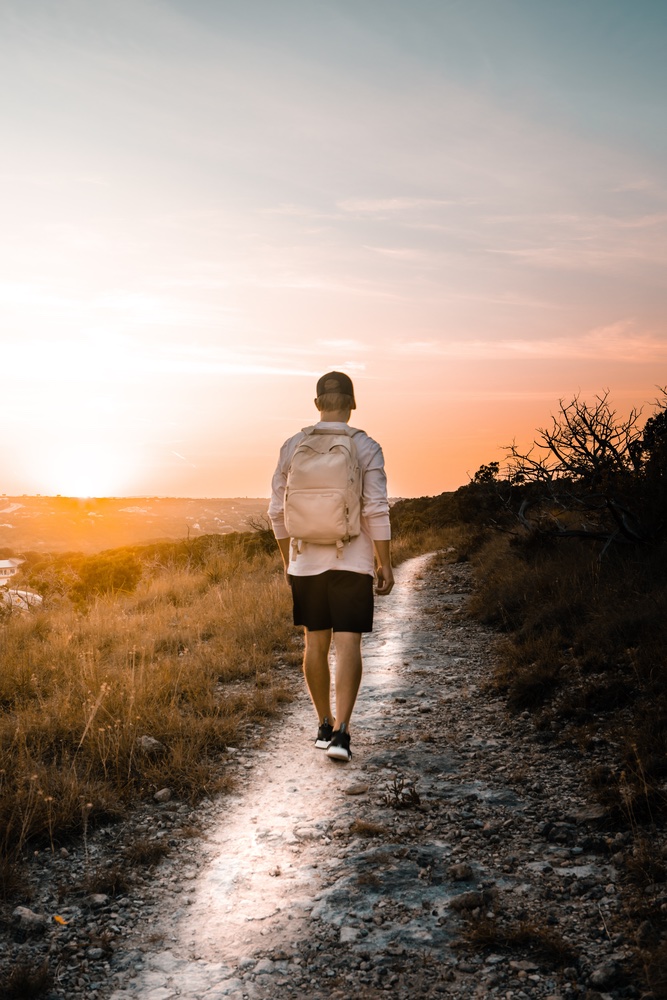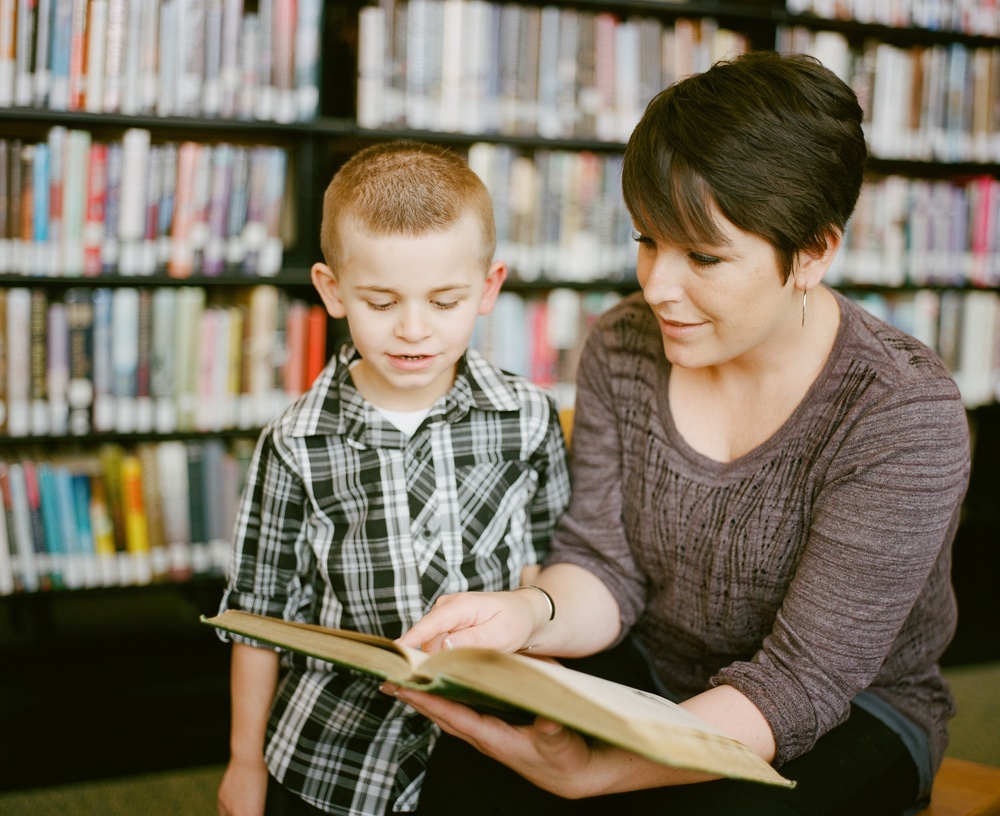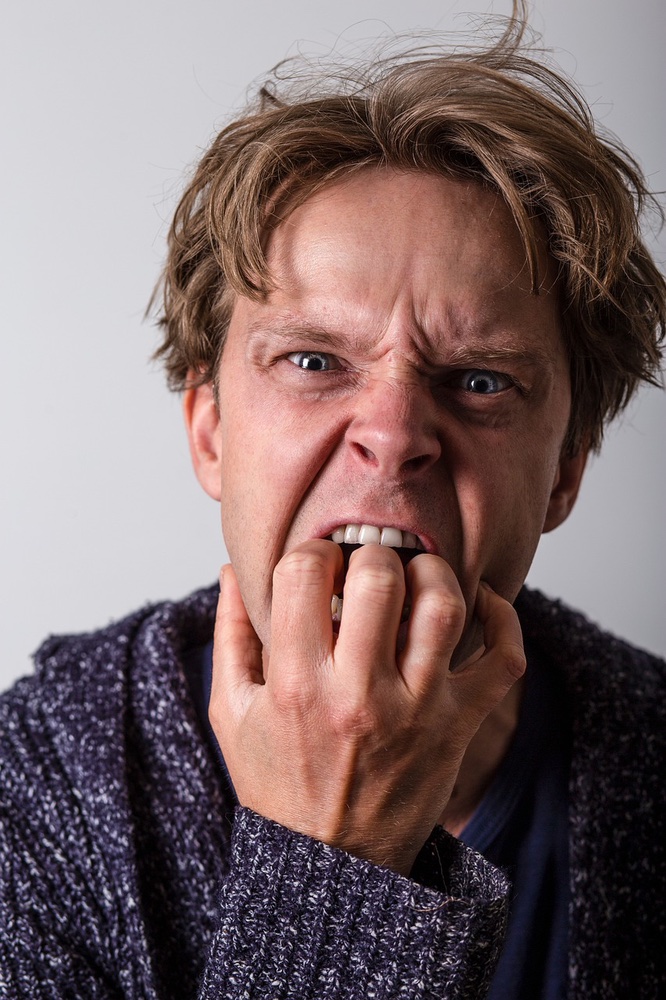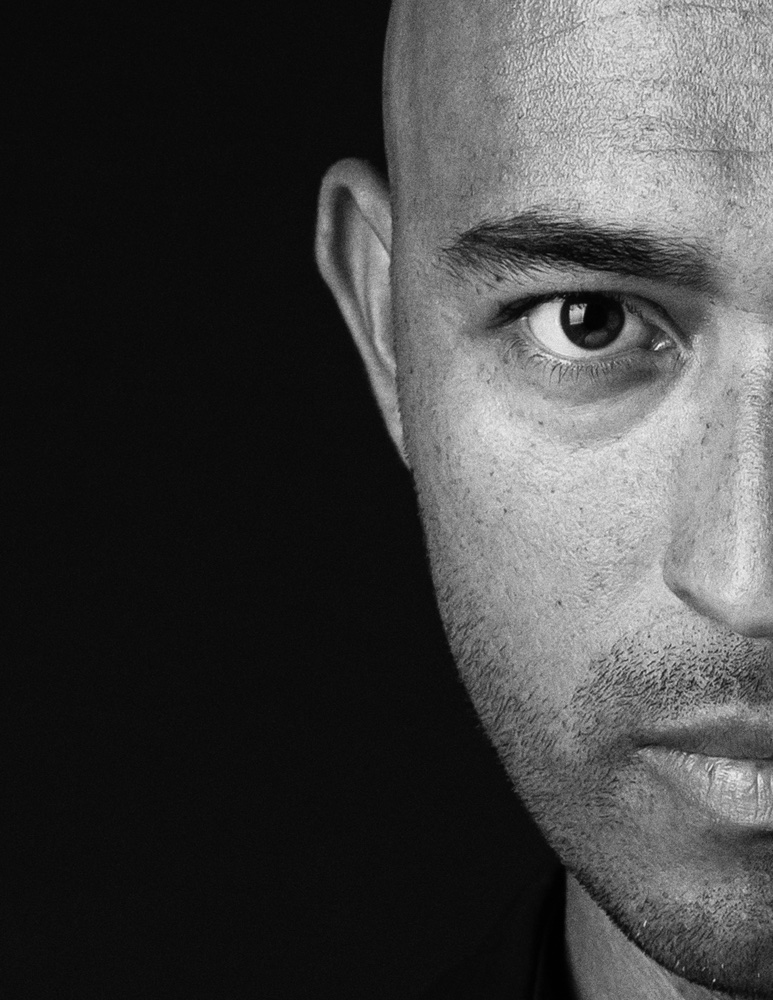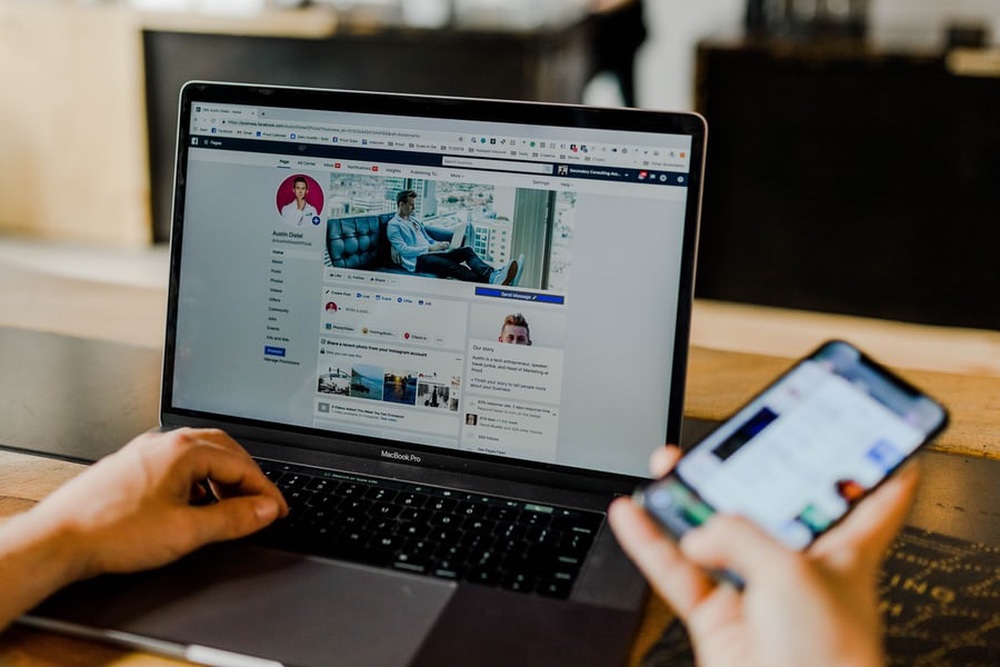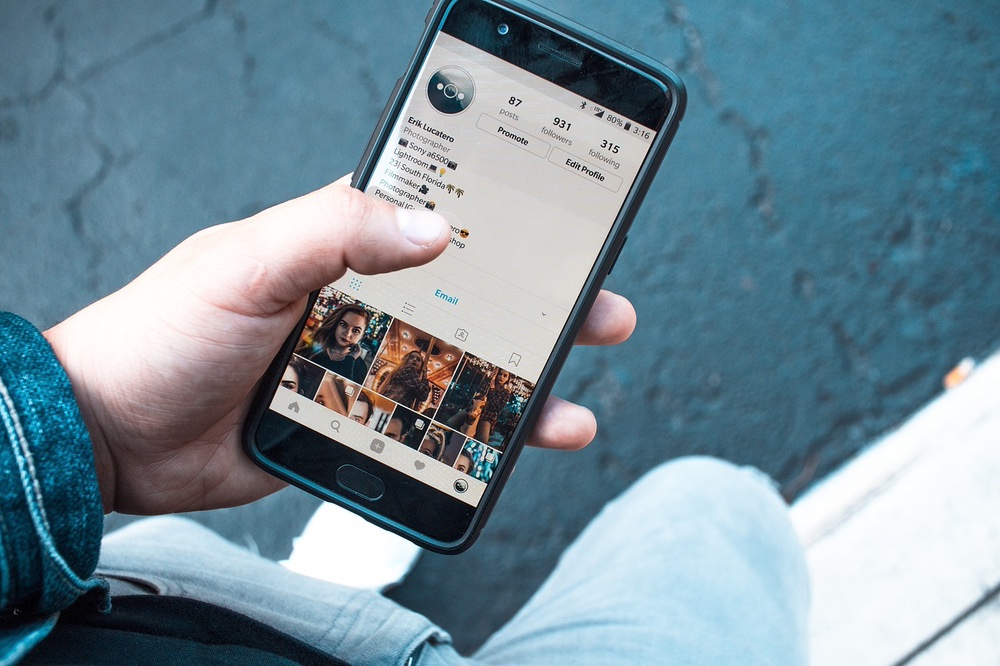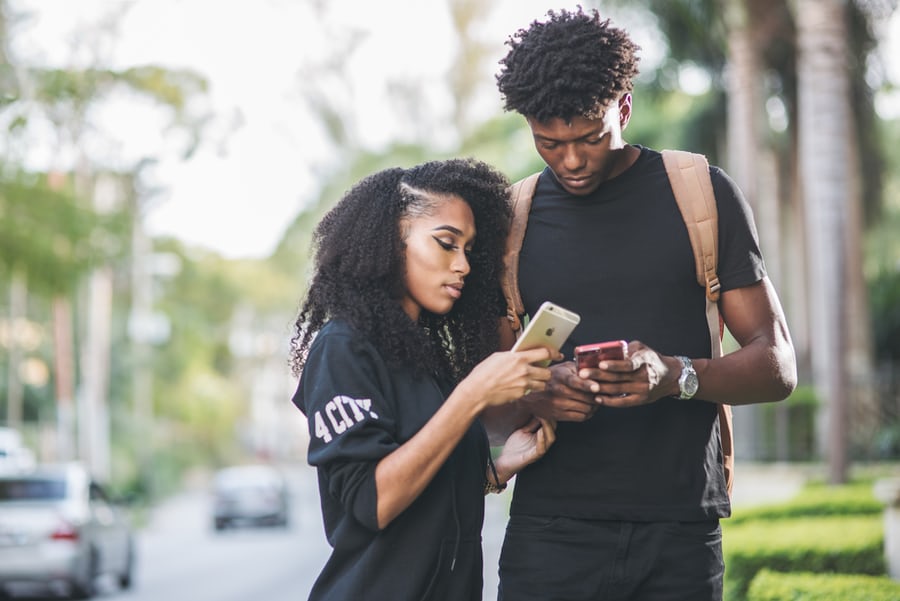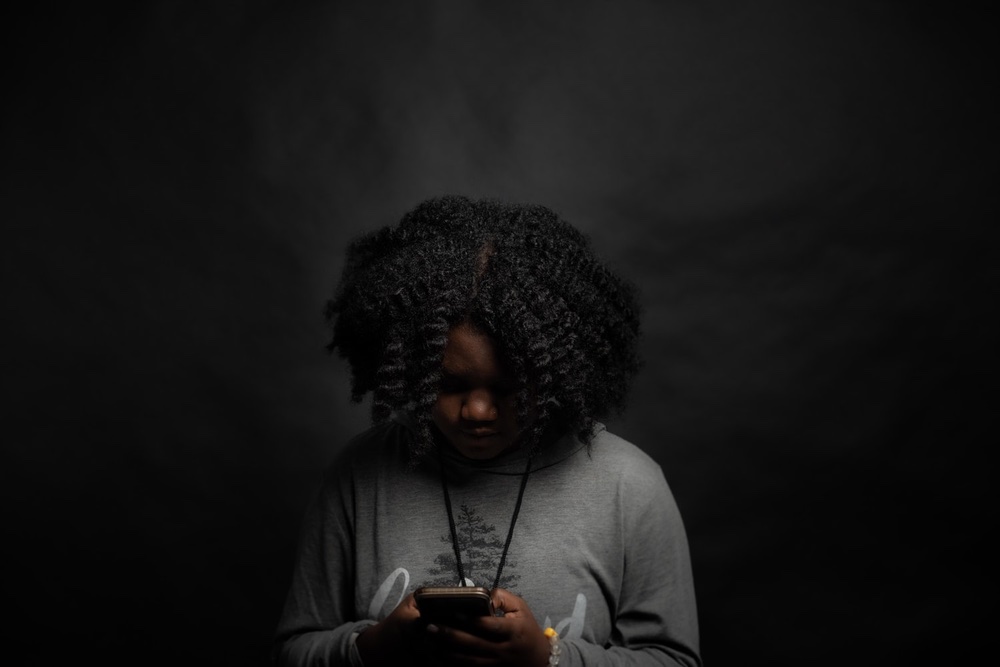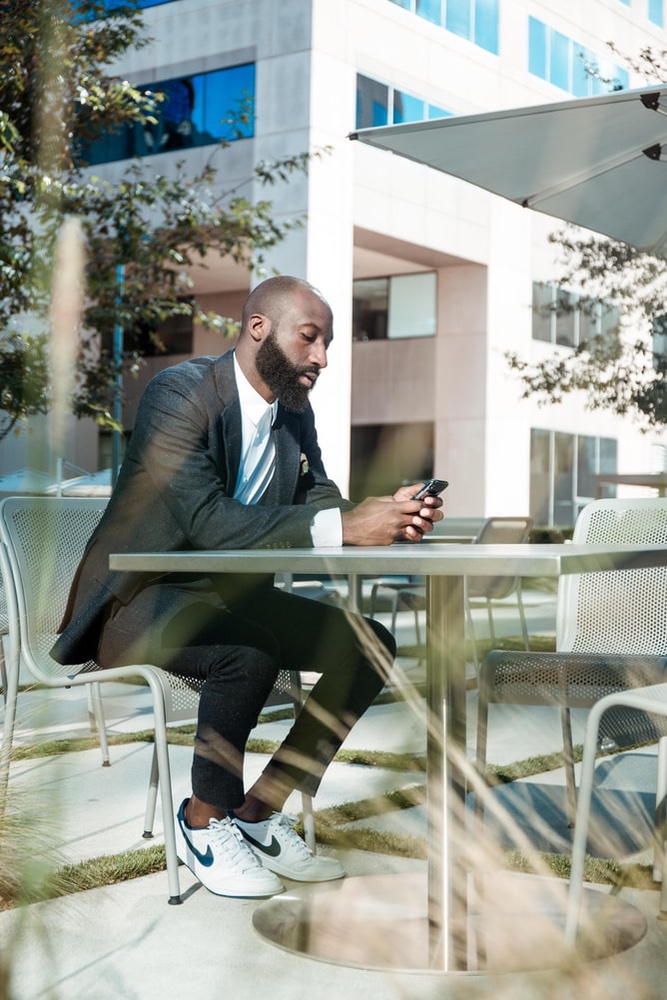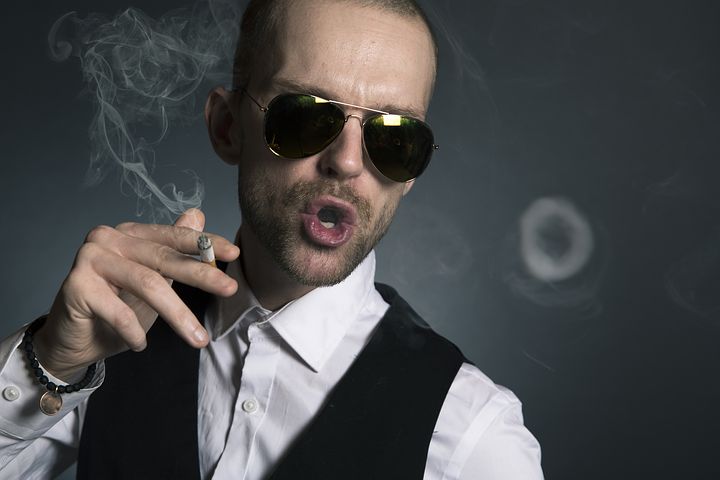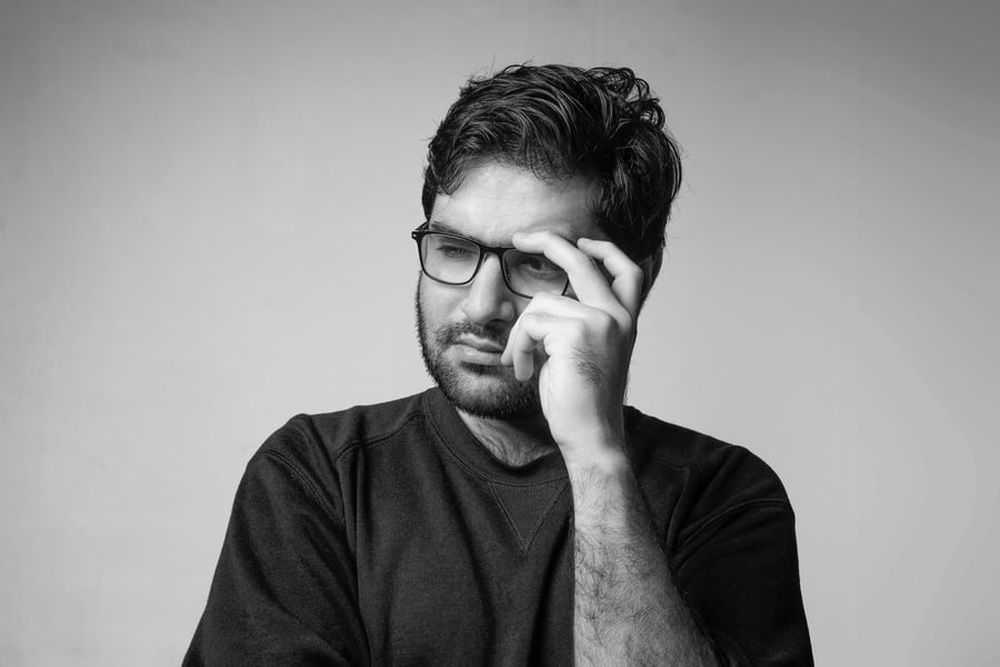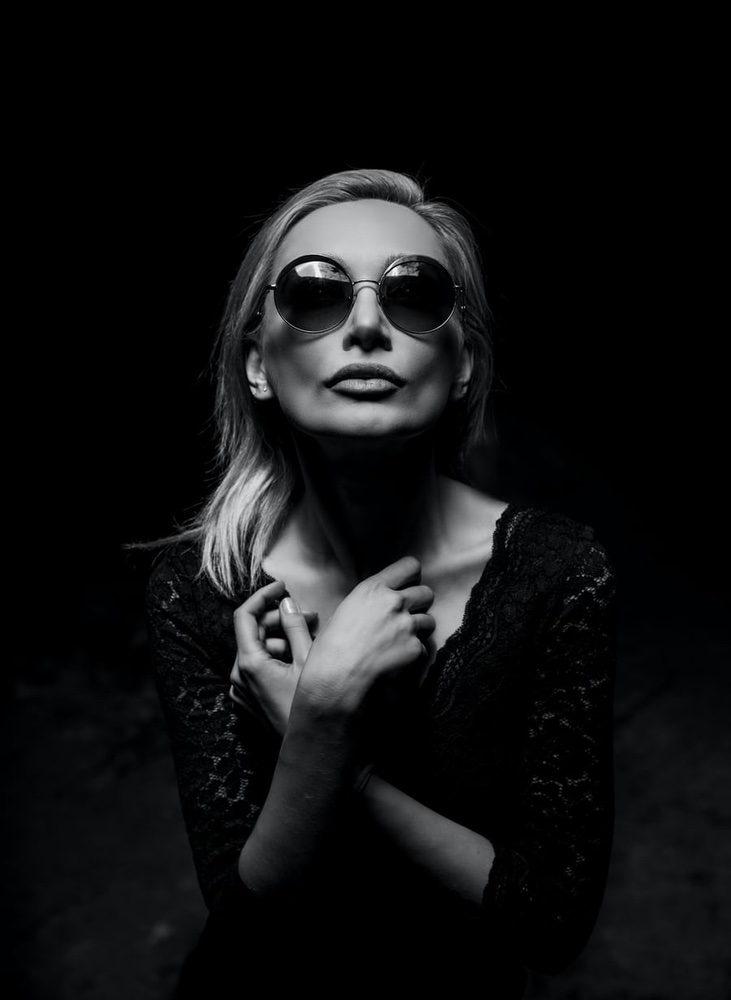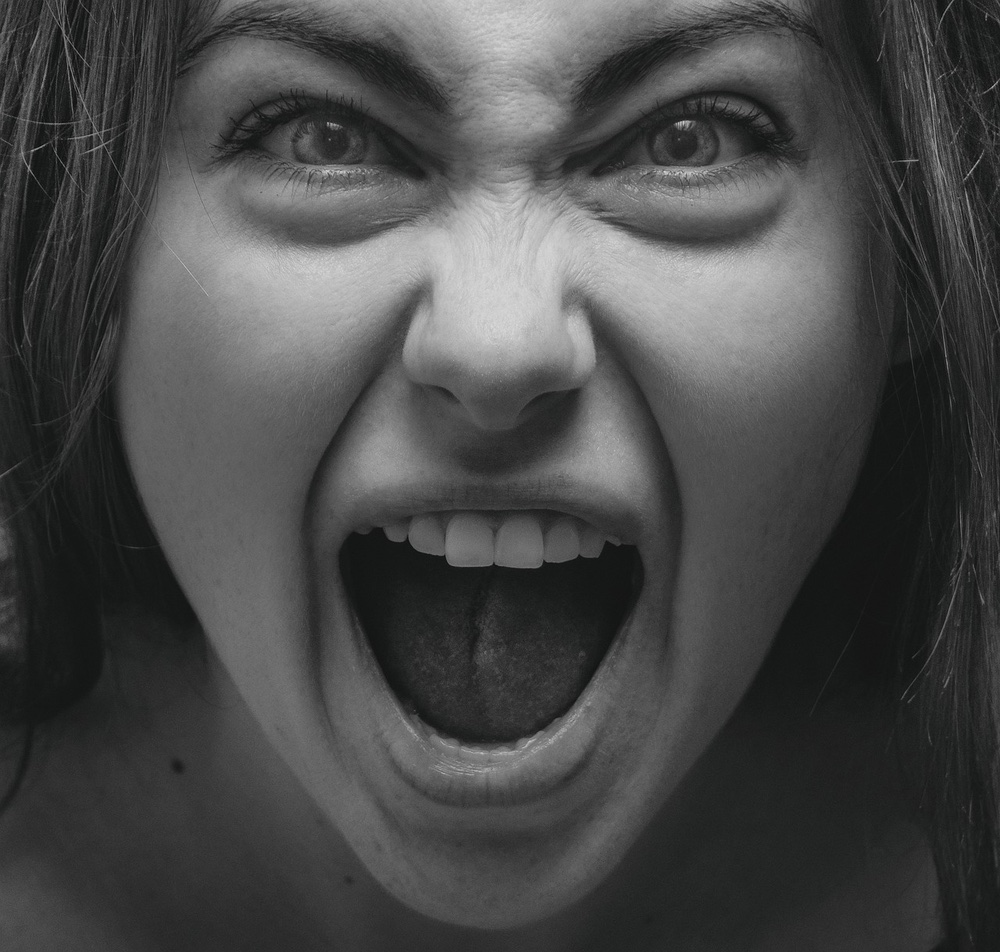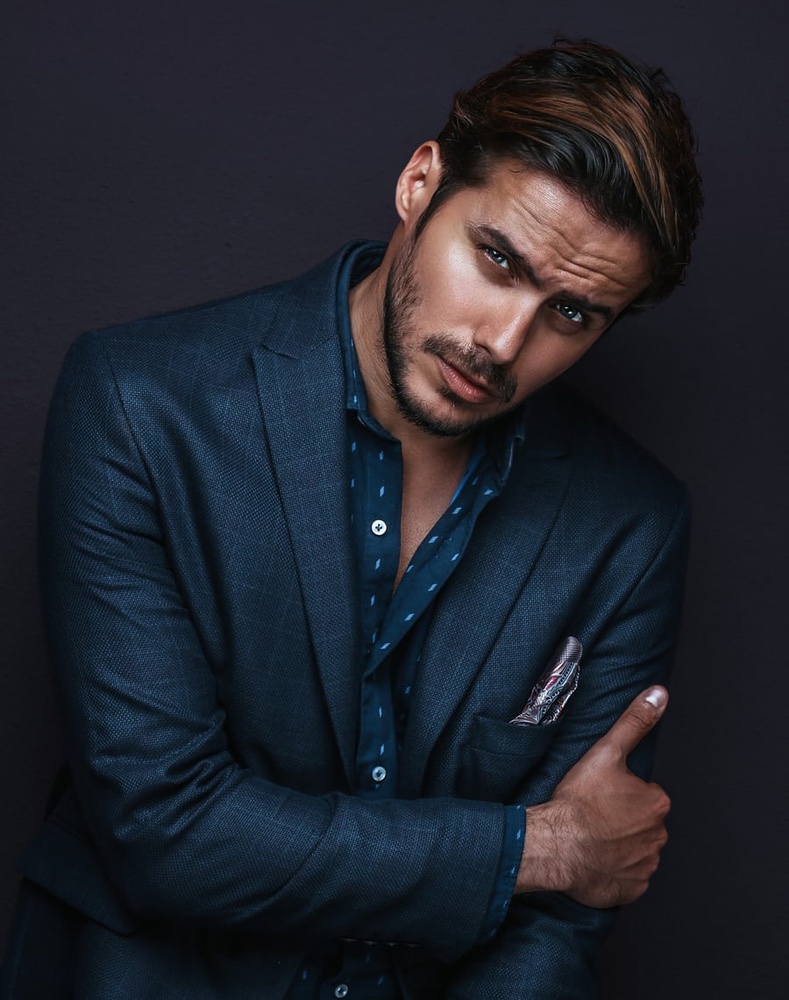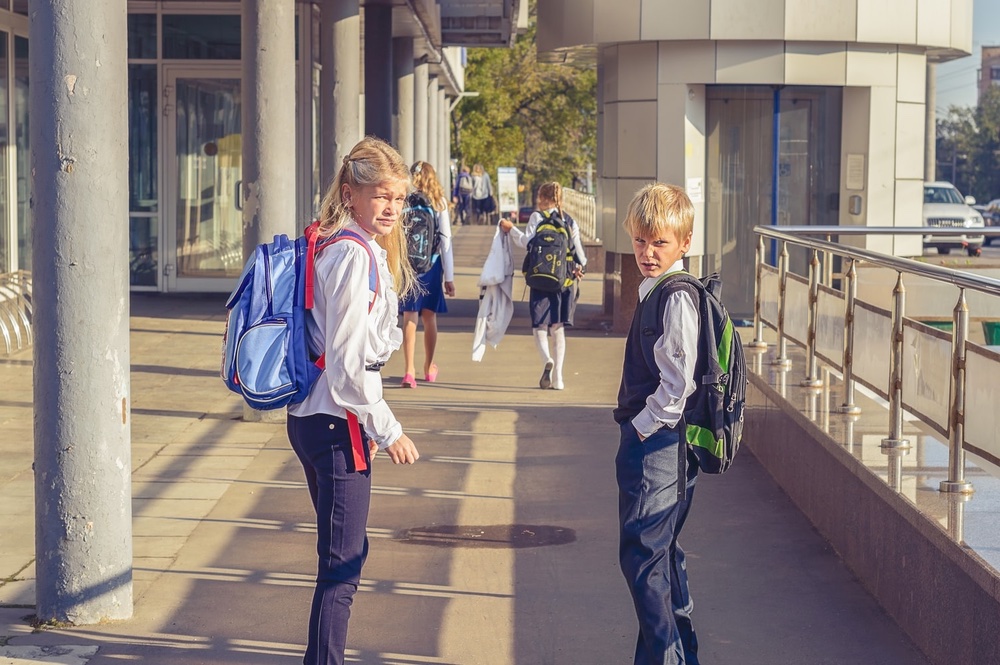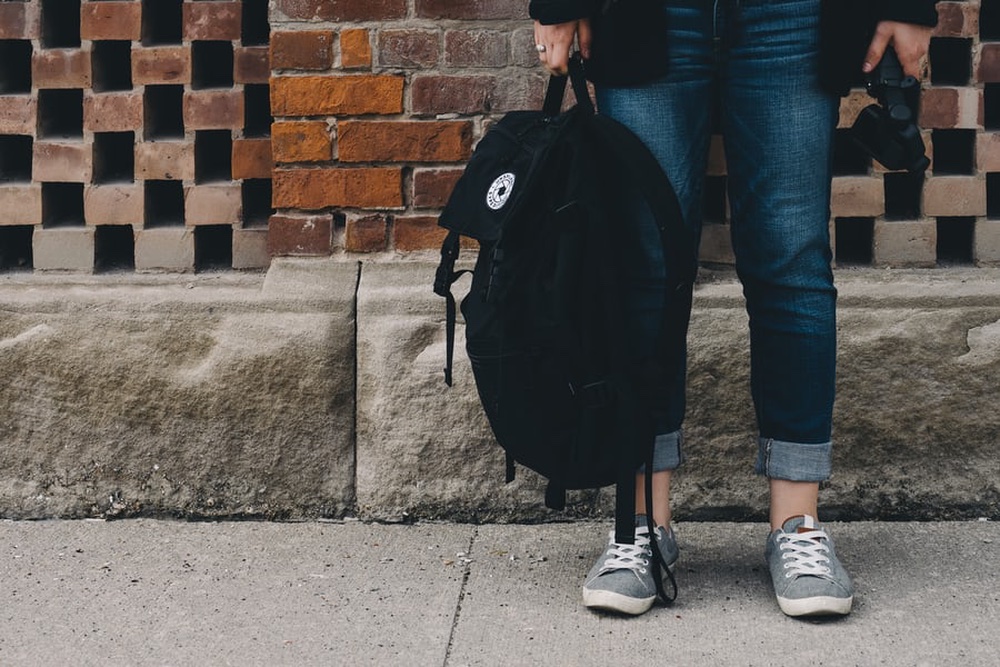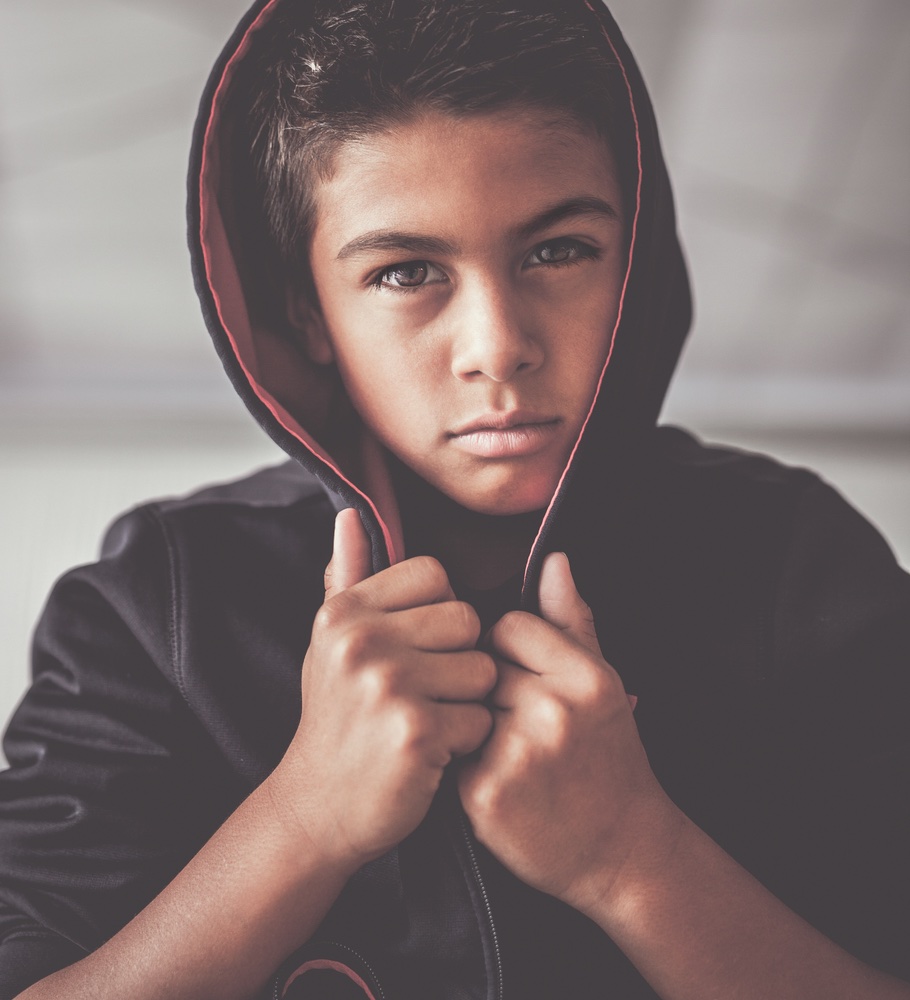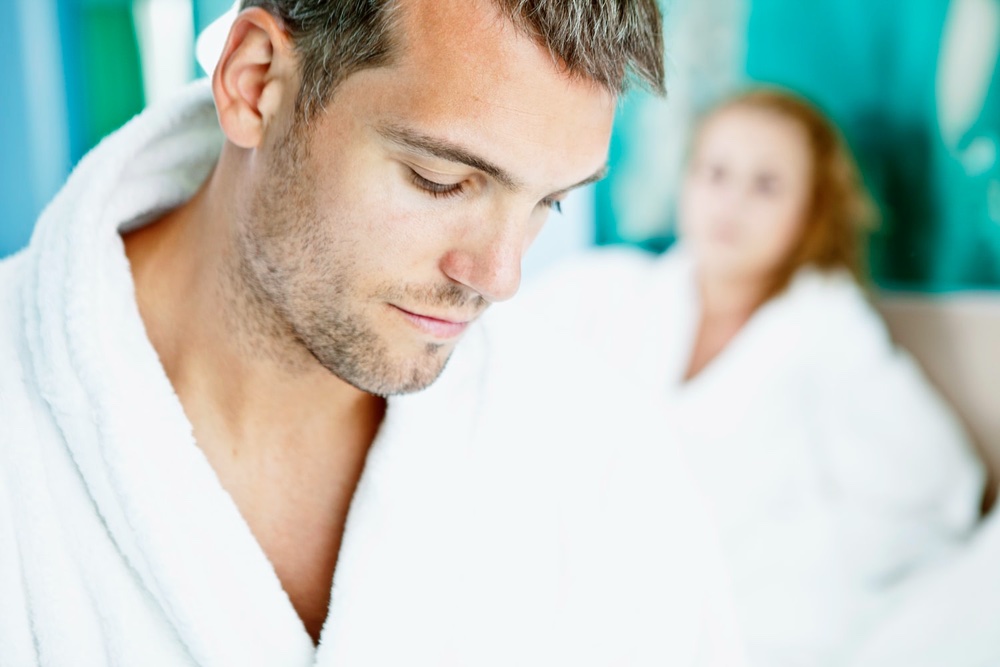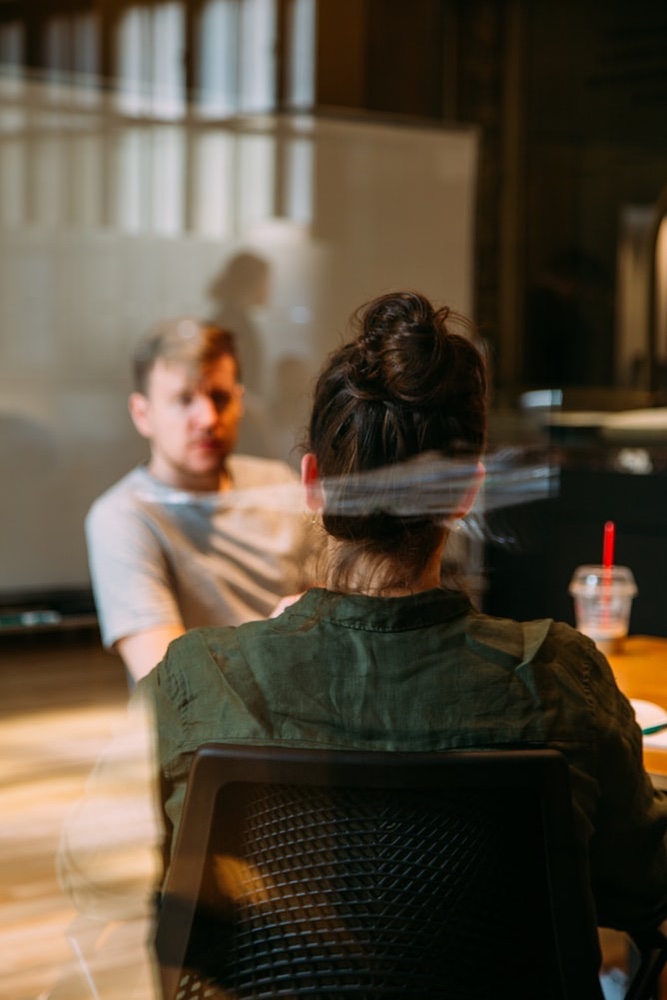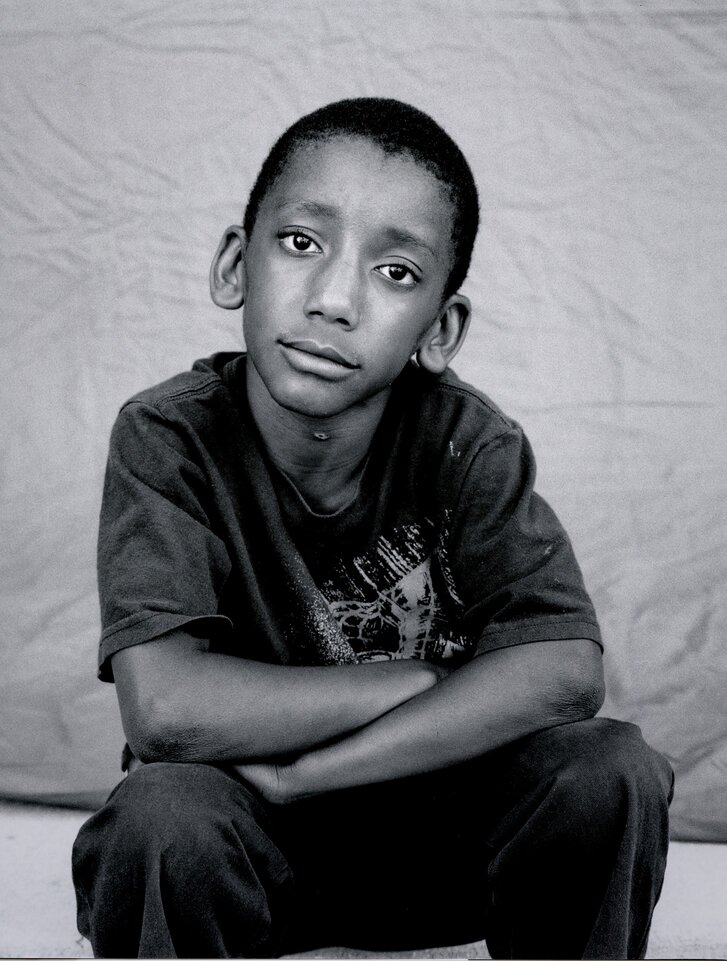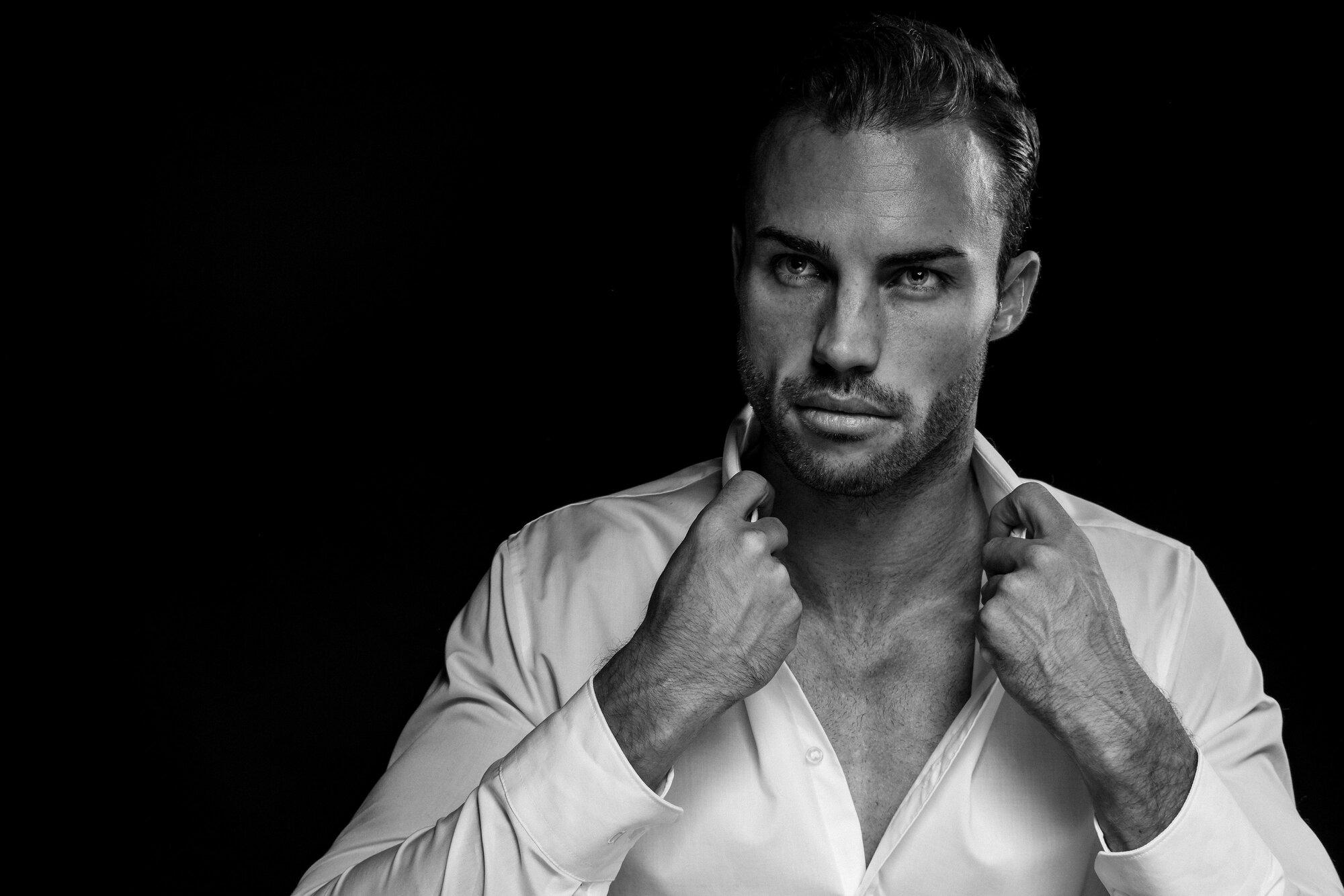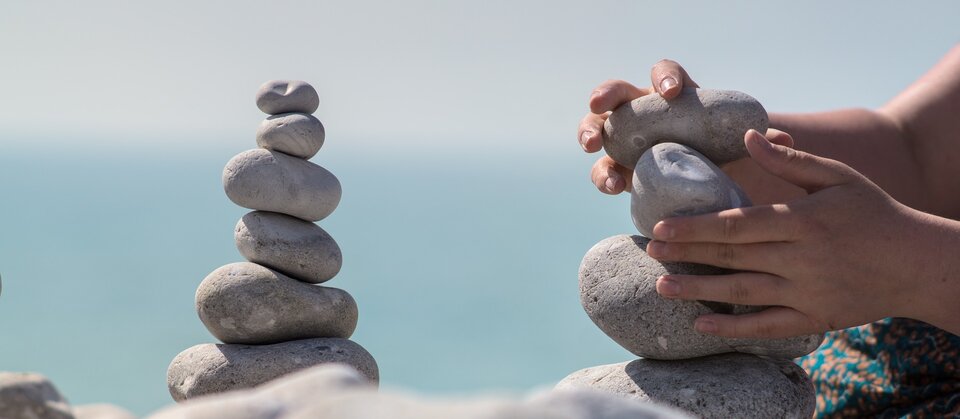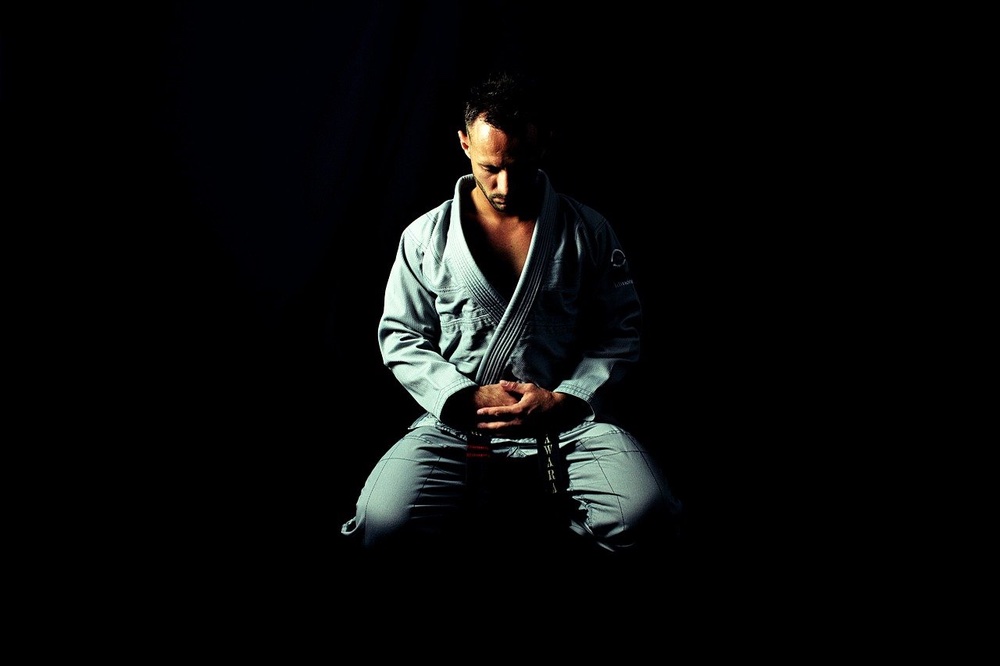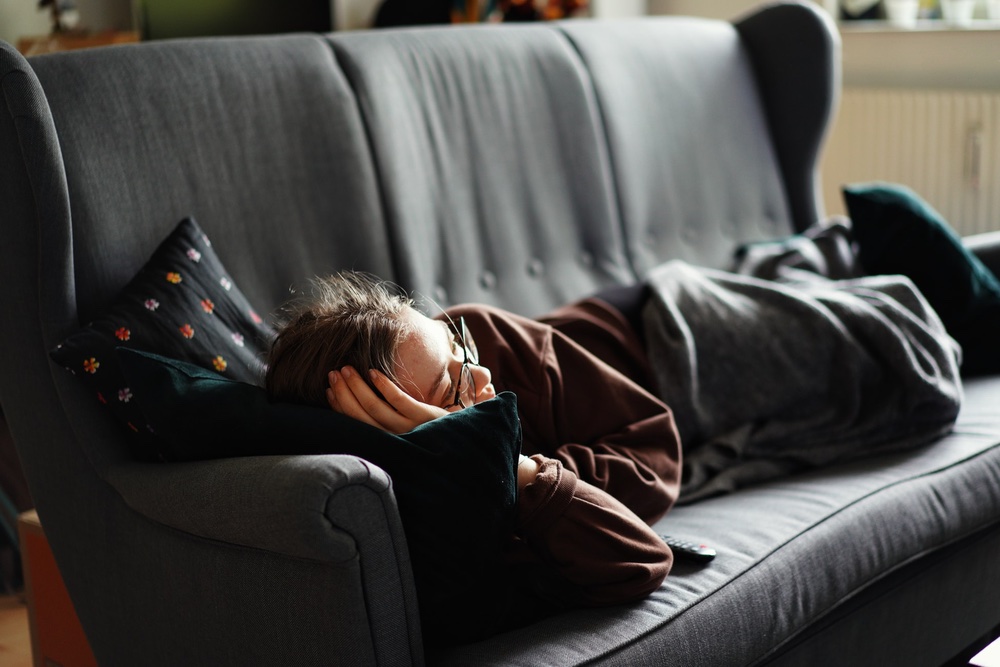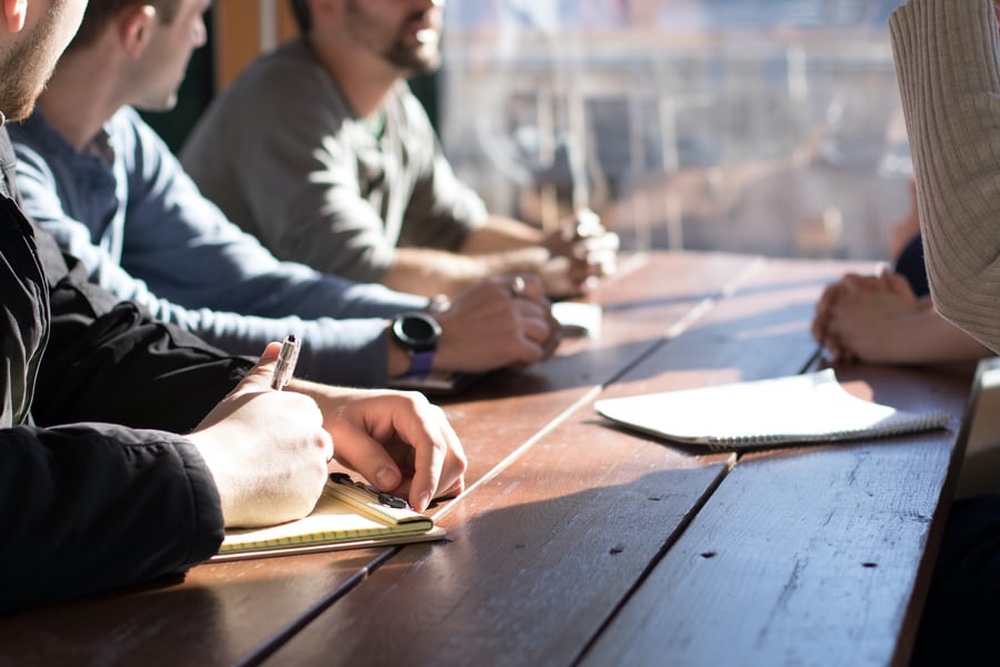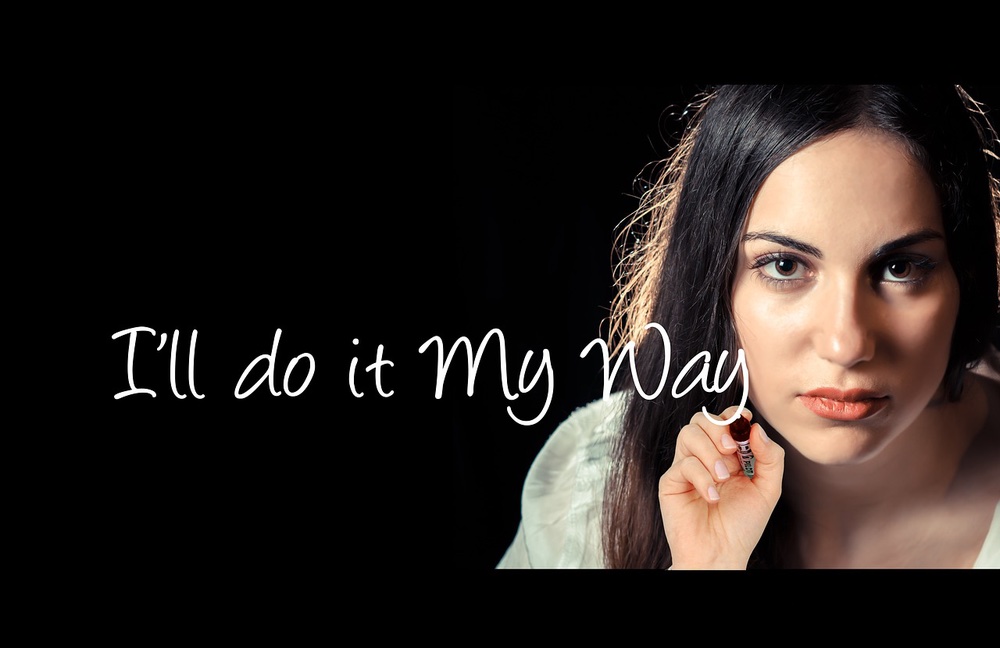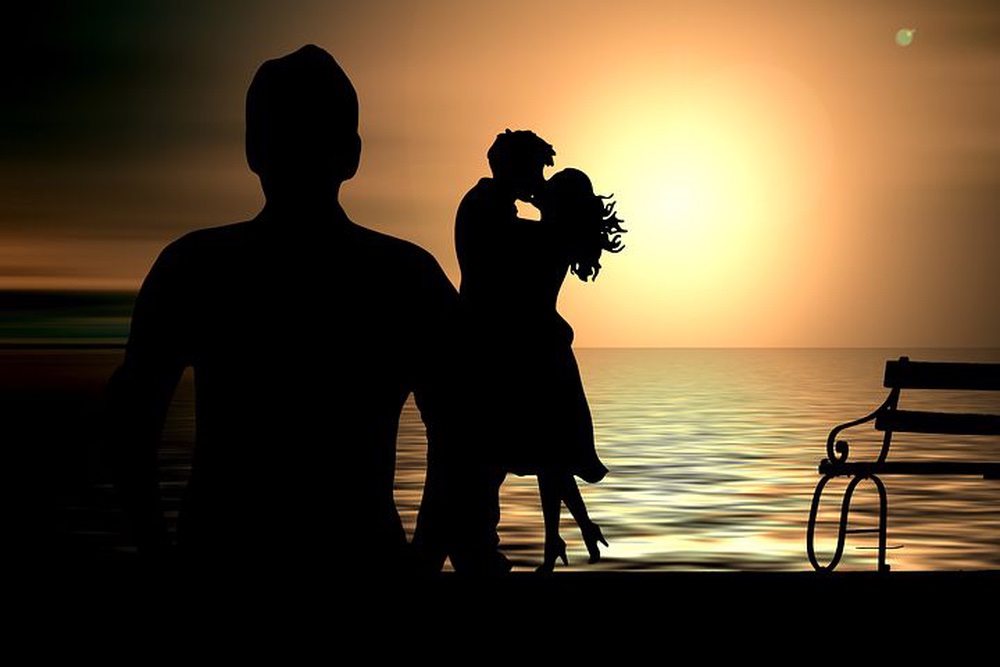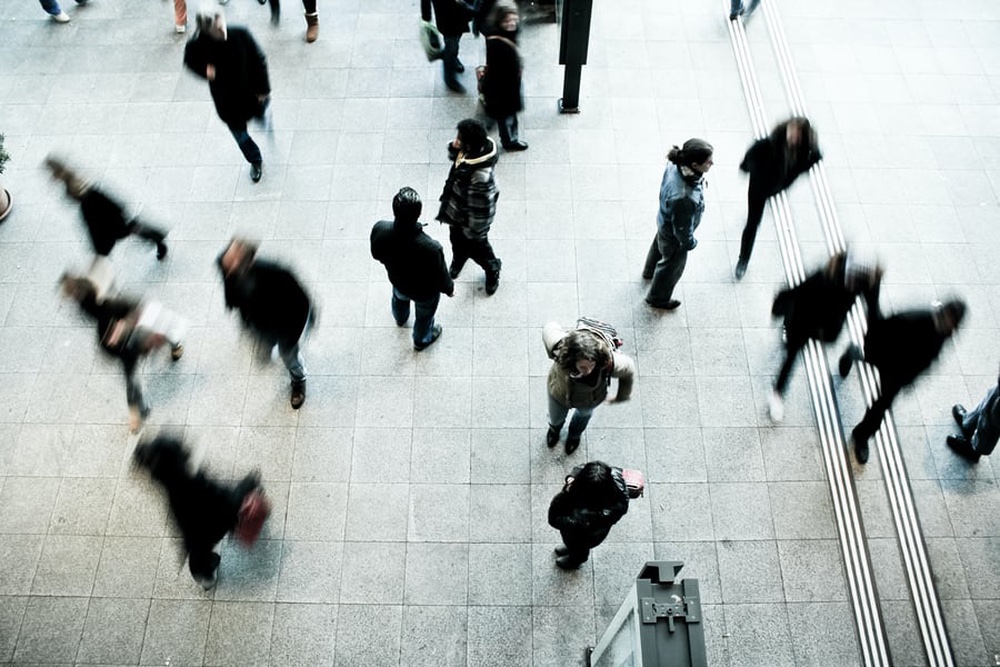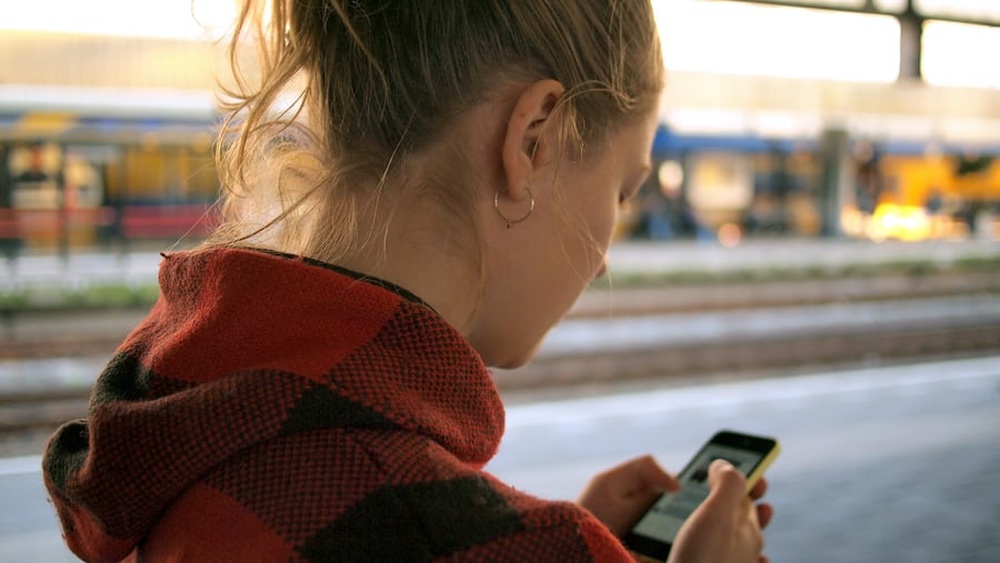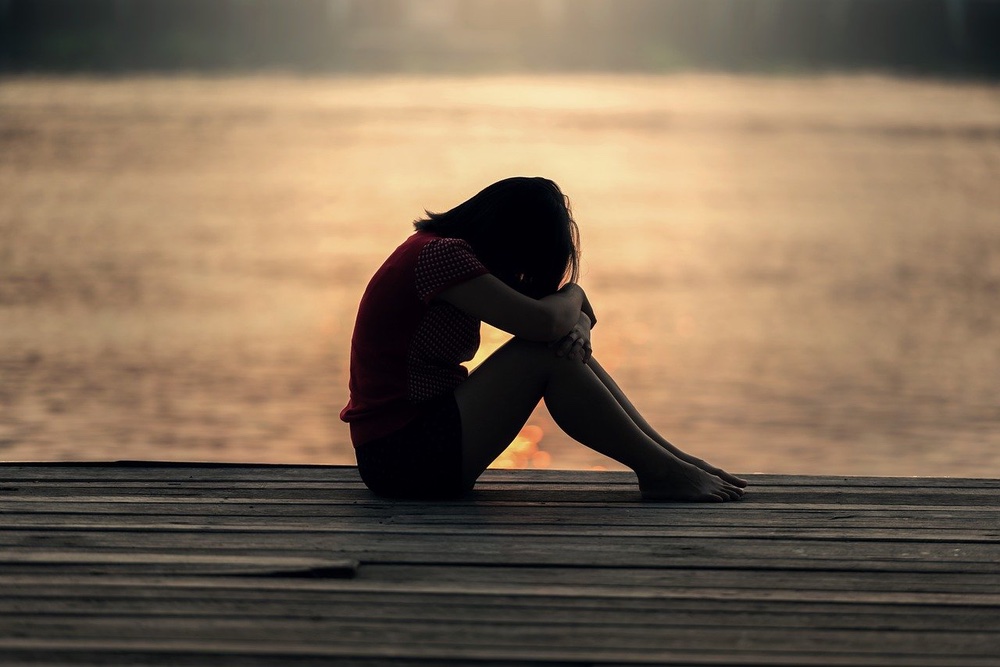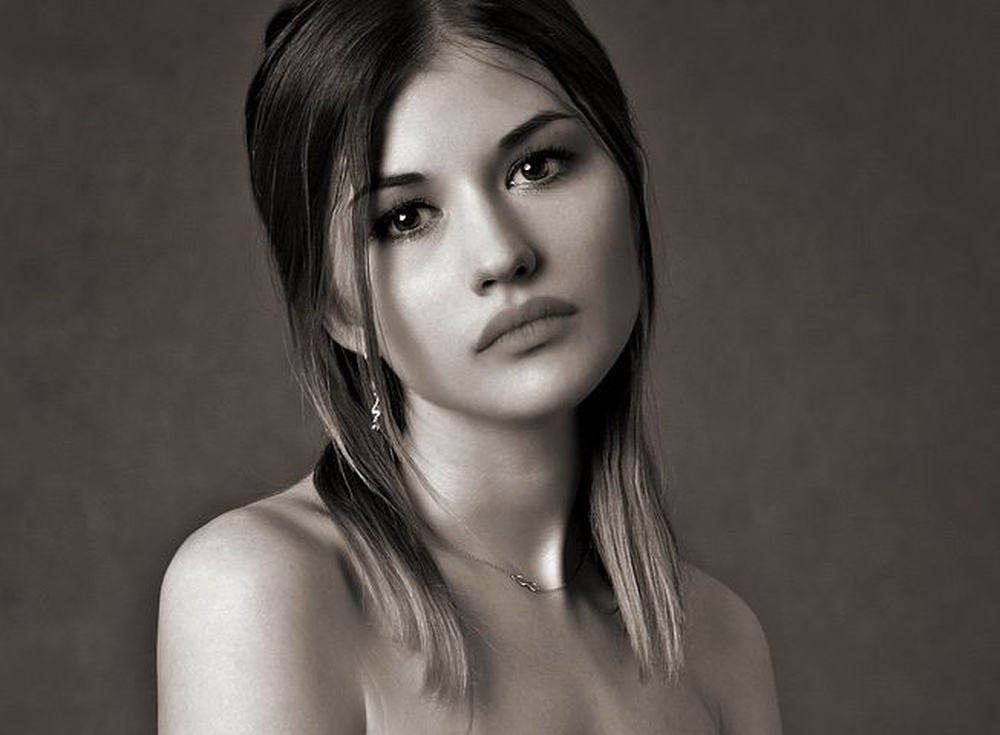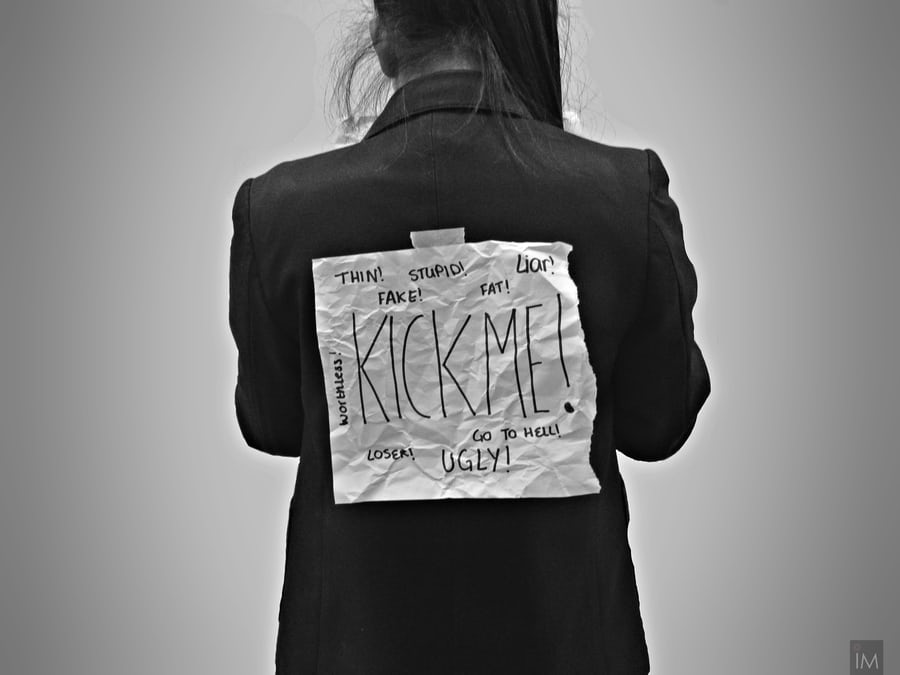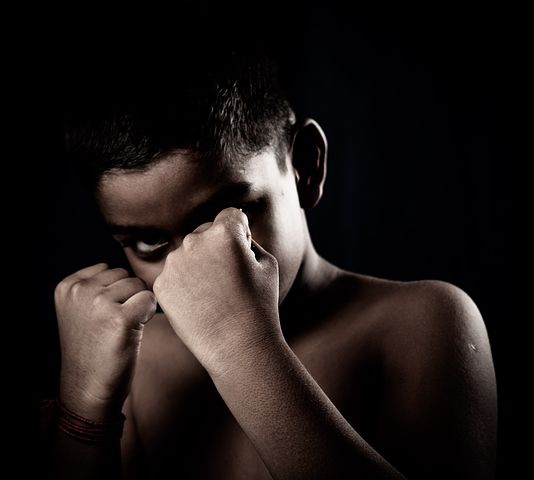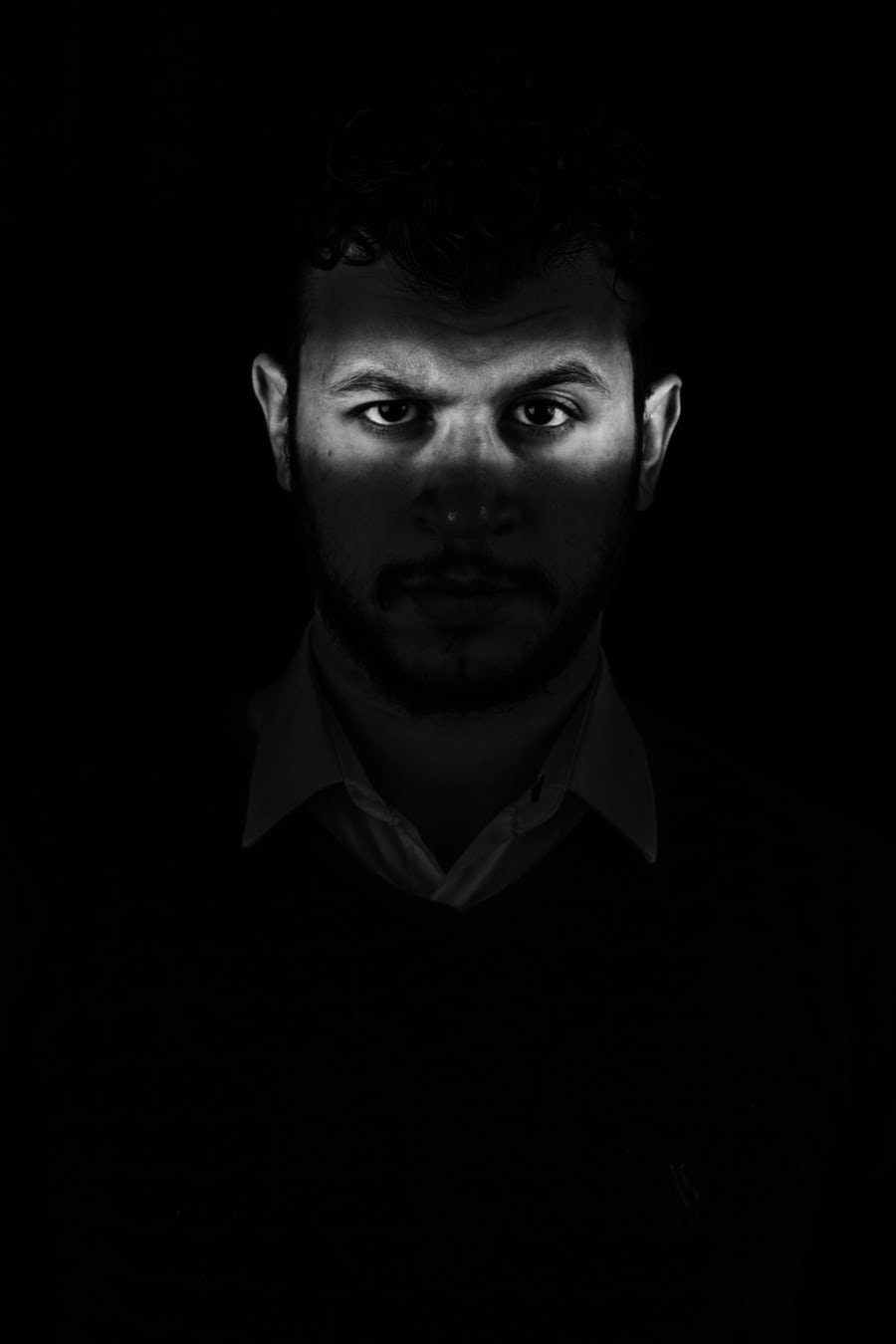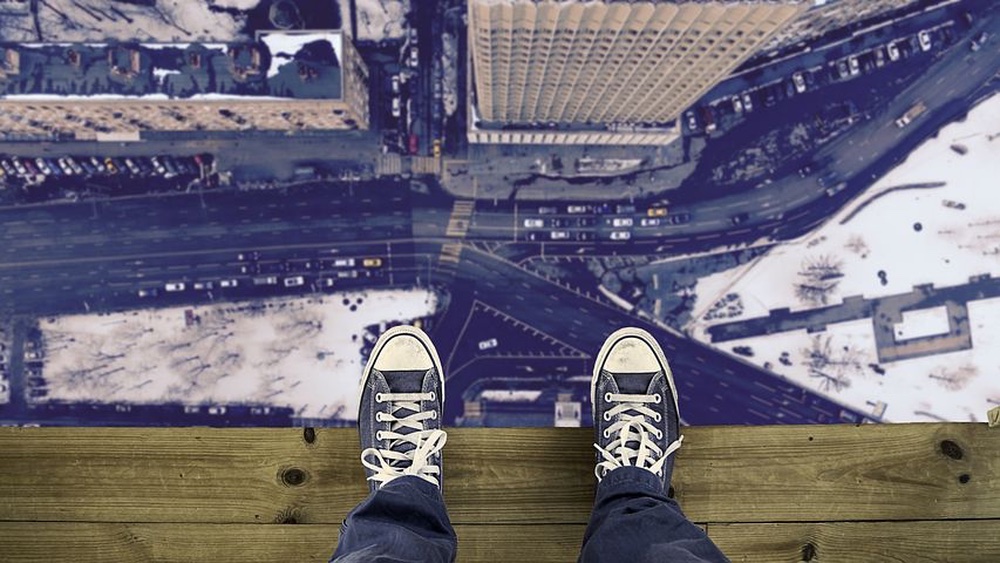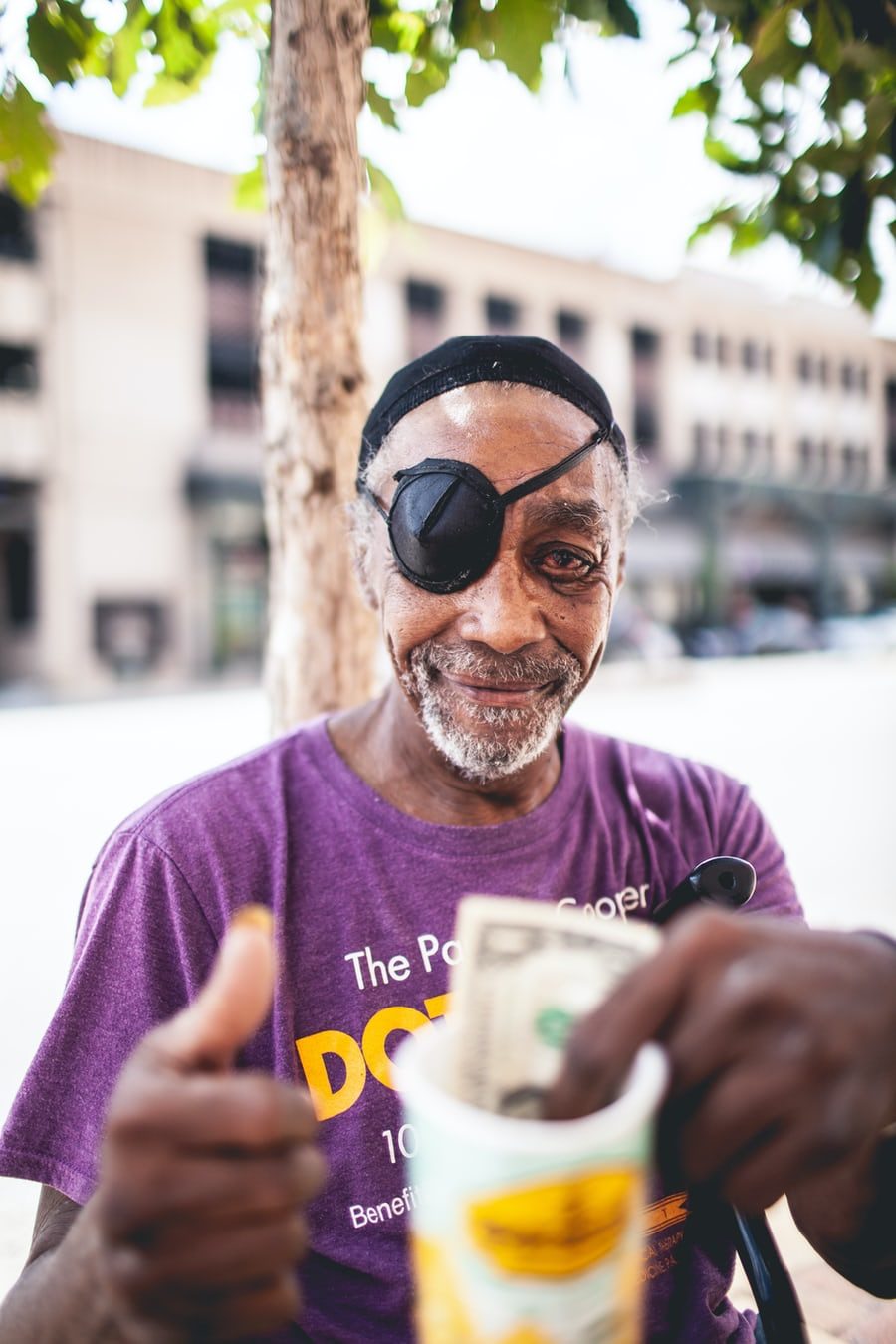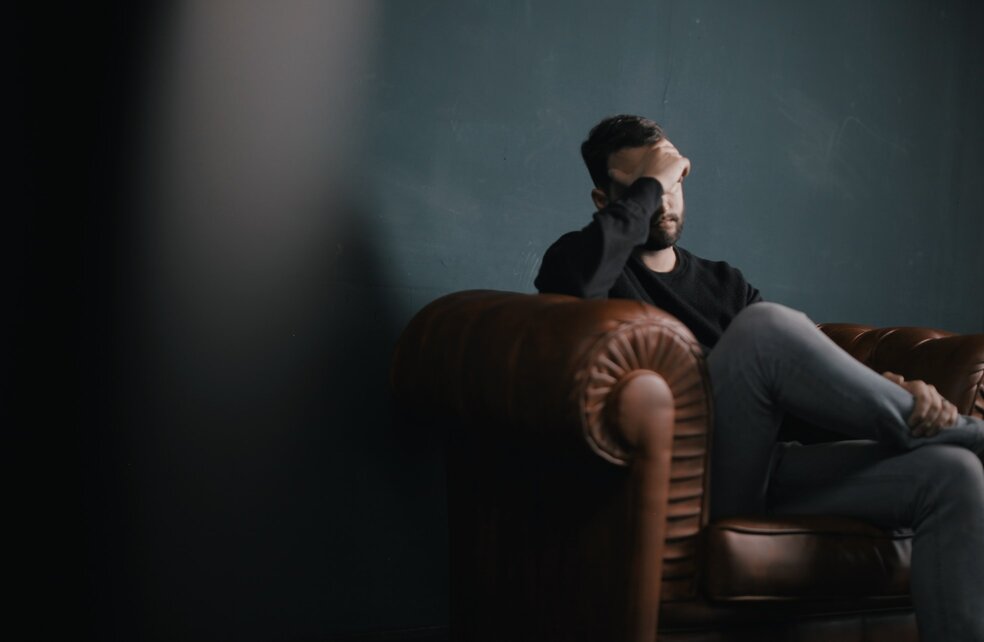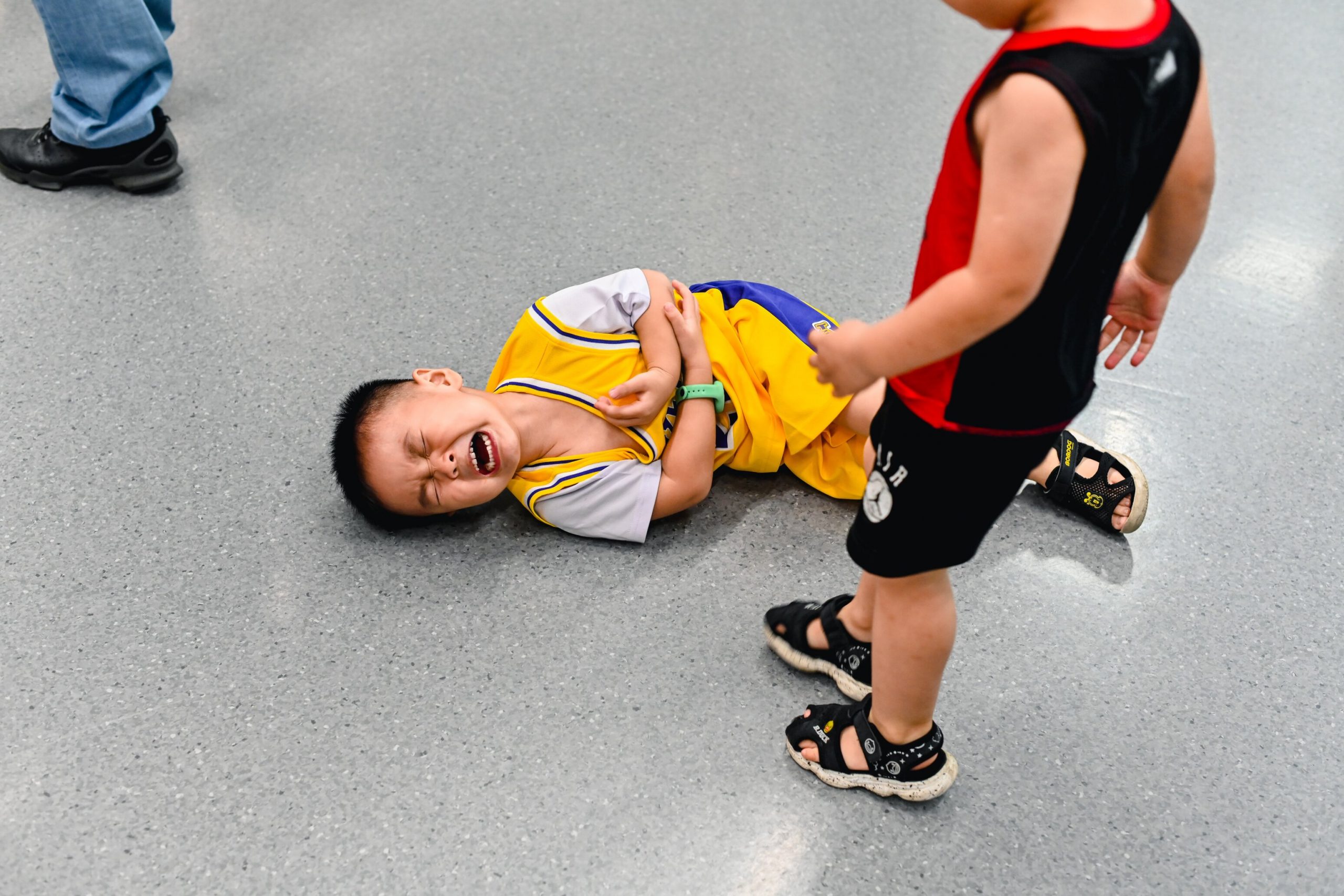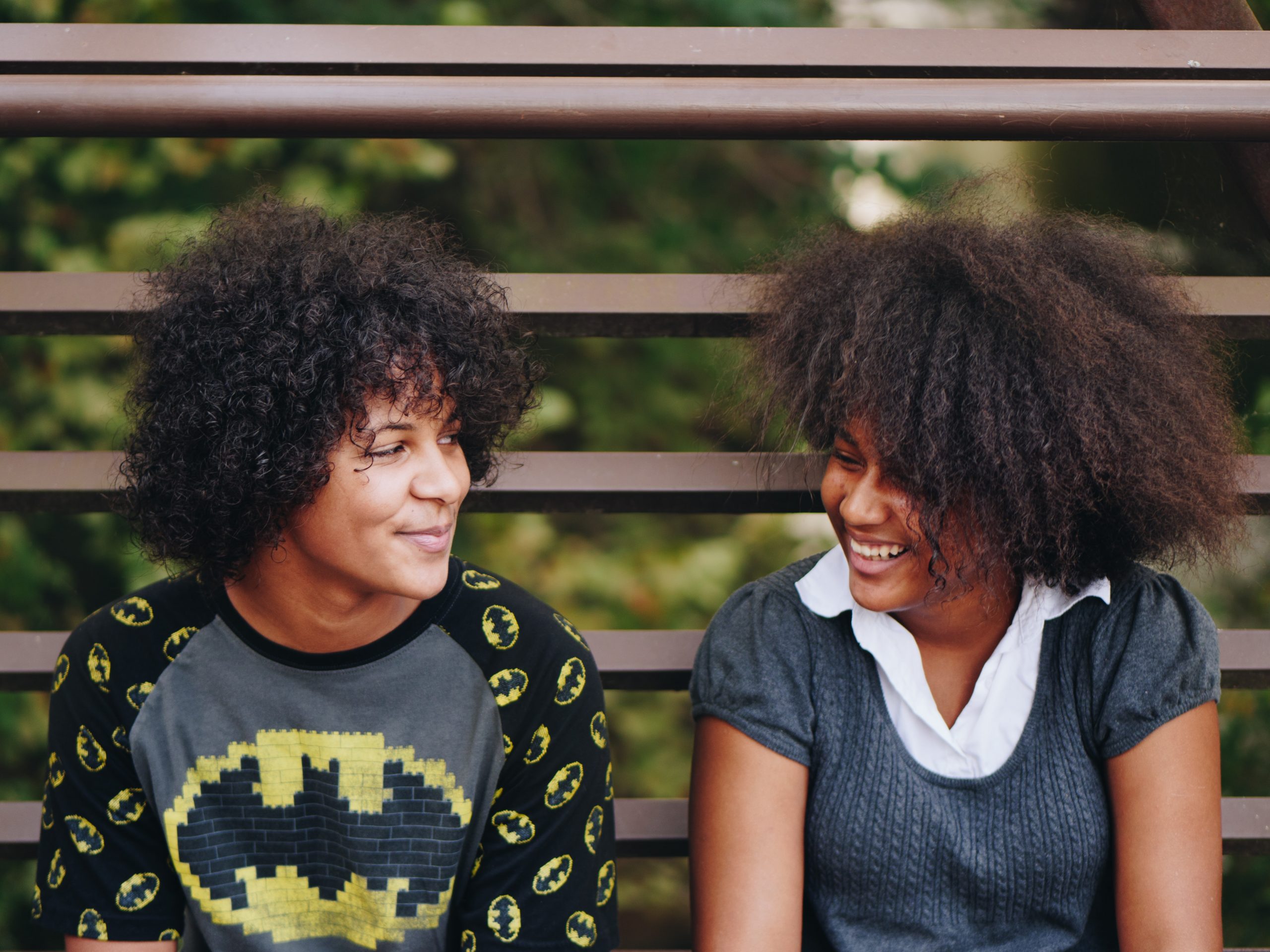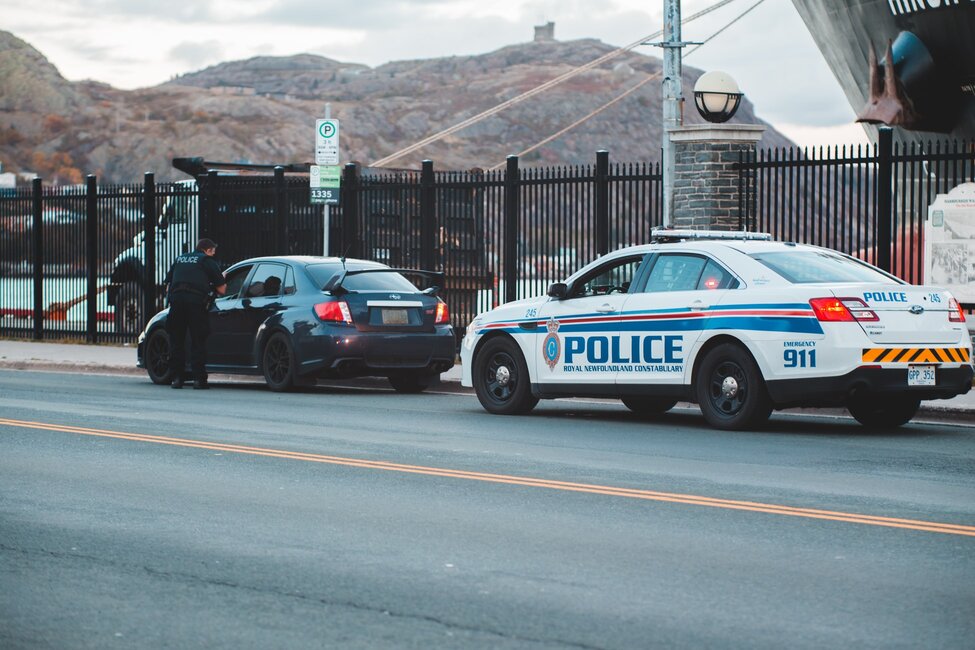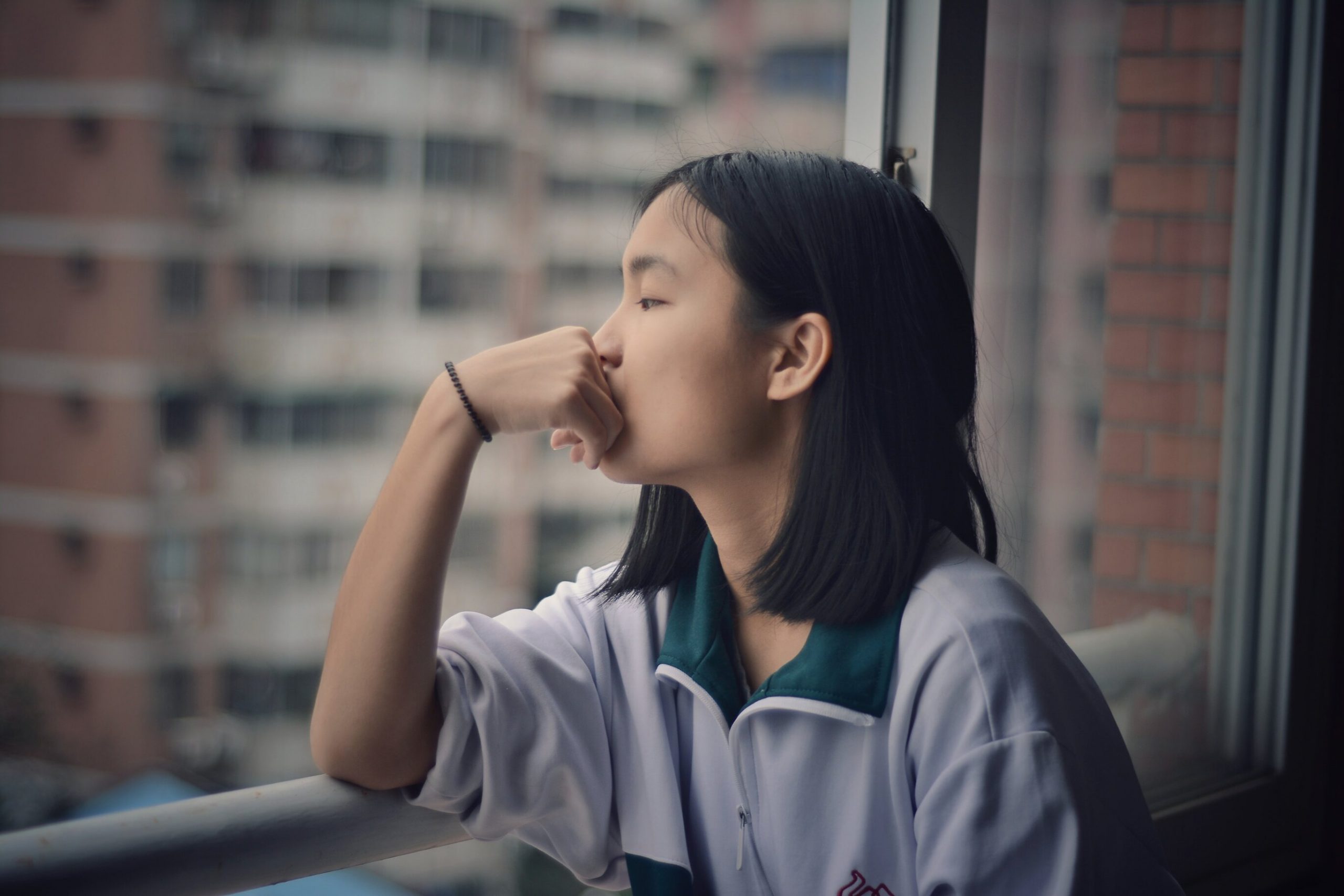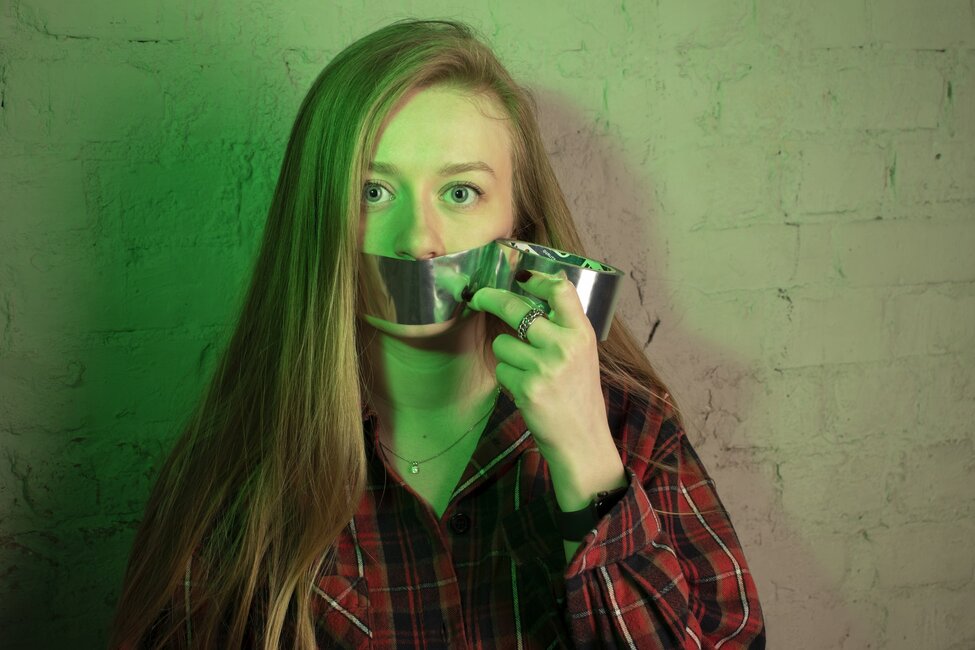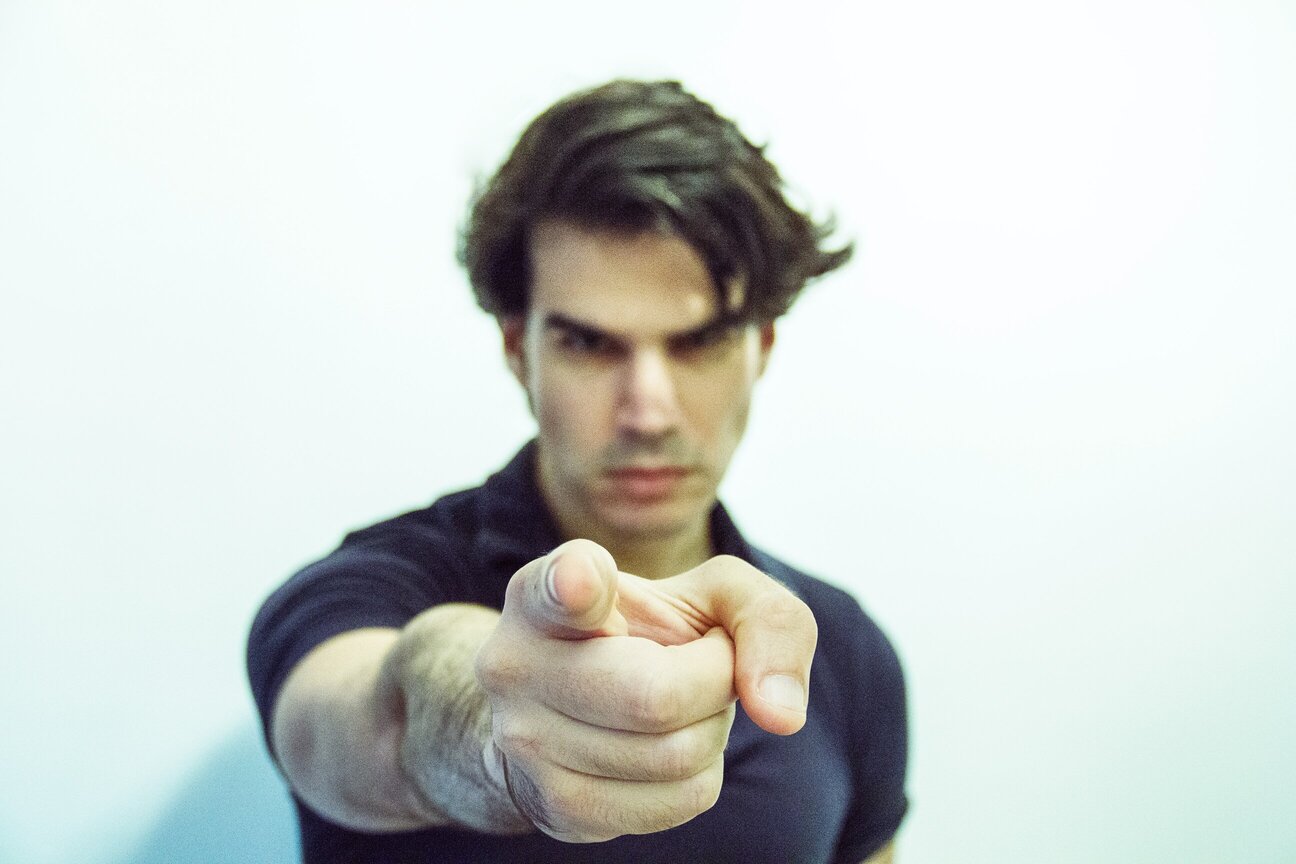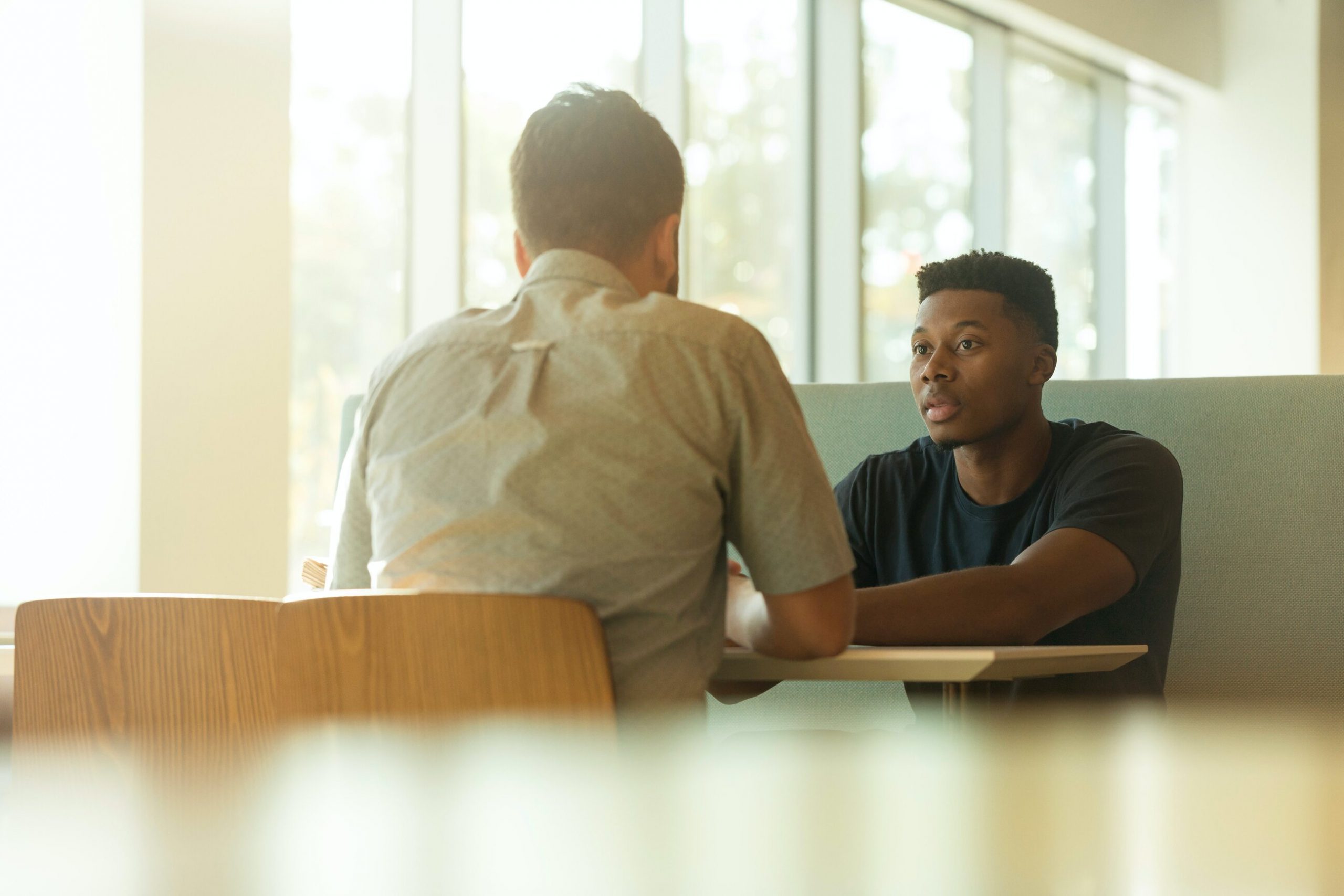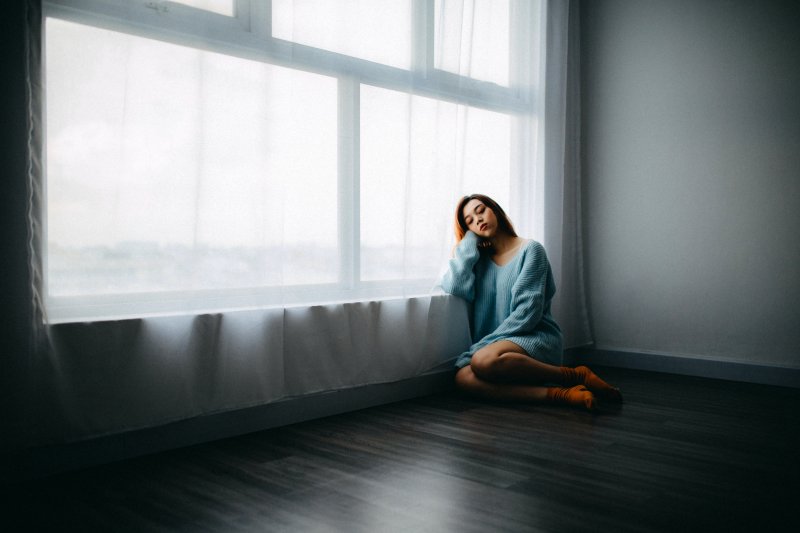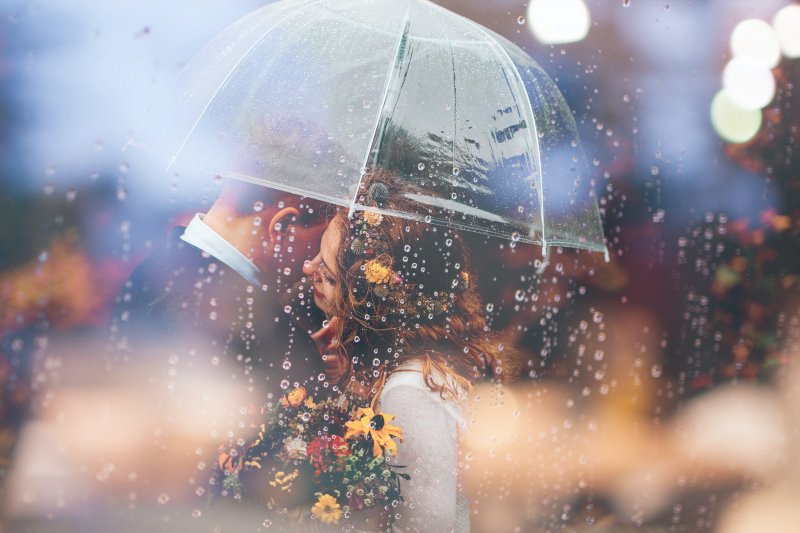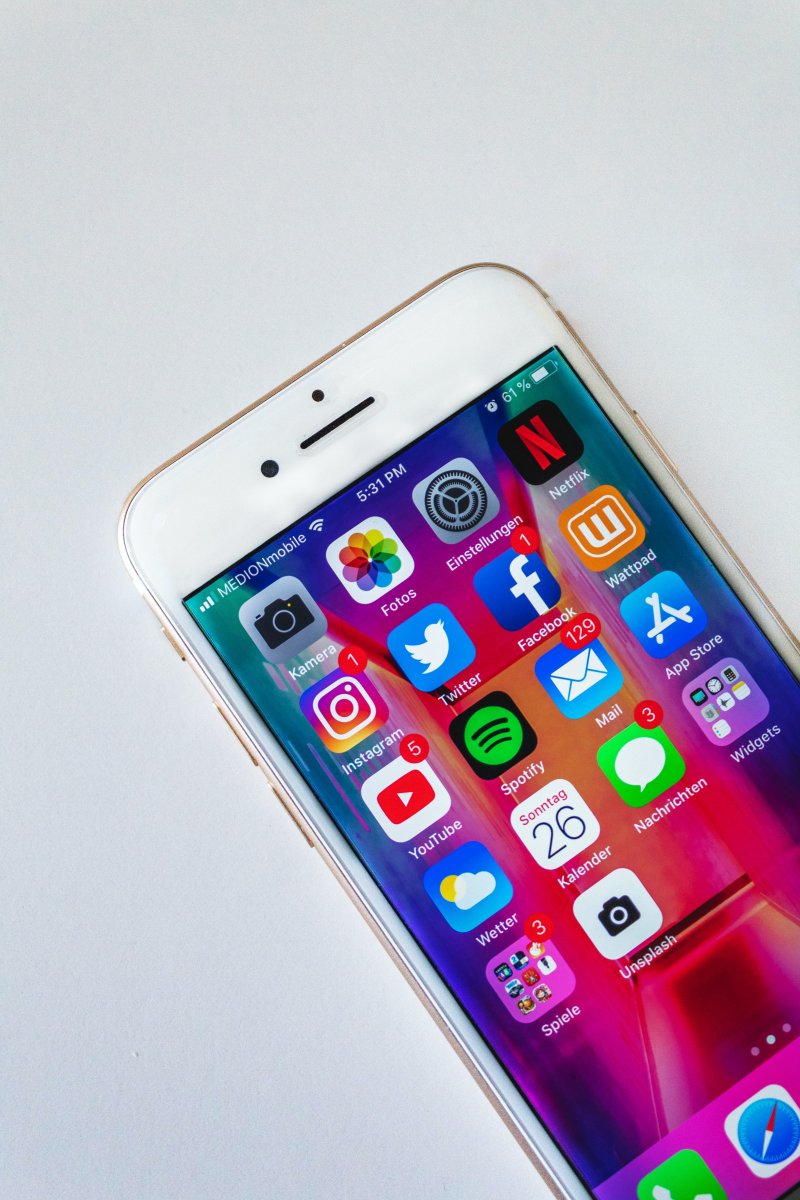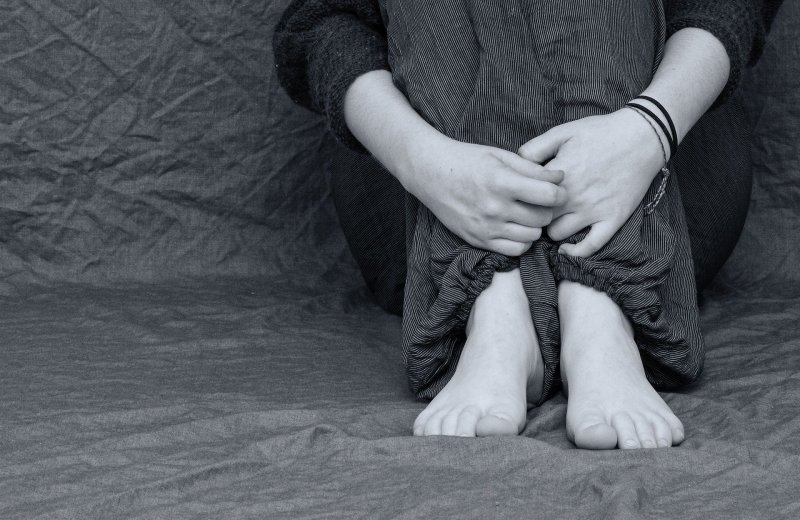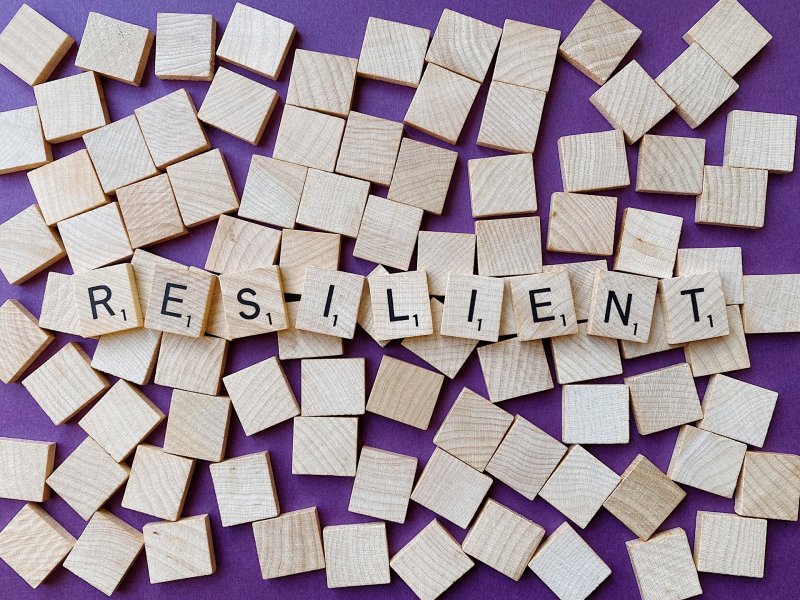Blog Entry #2
Why Is The Coronavirus Dangerous To Black People?
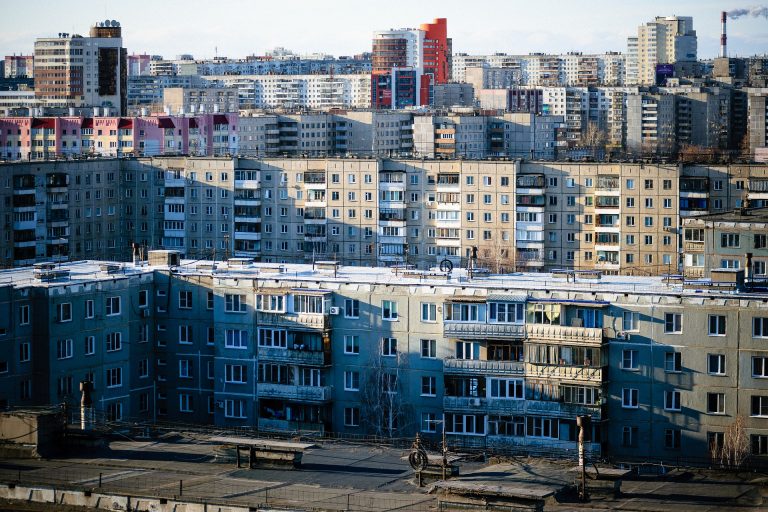
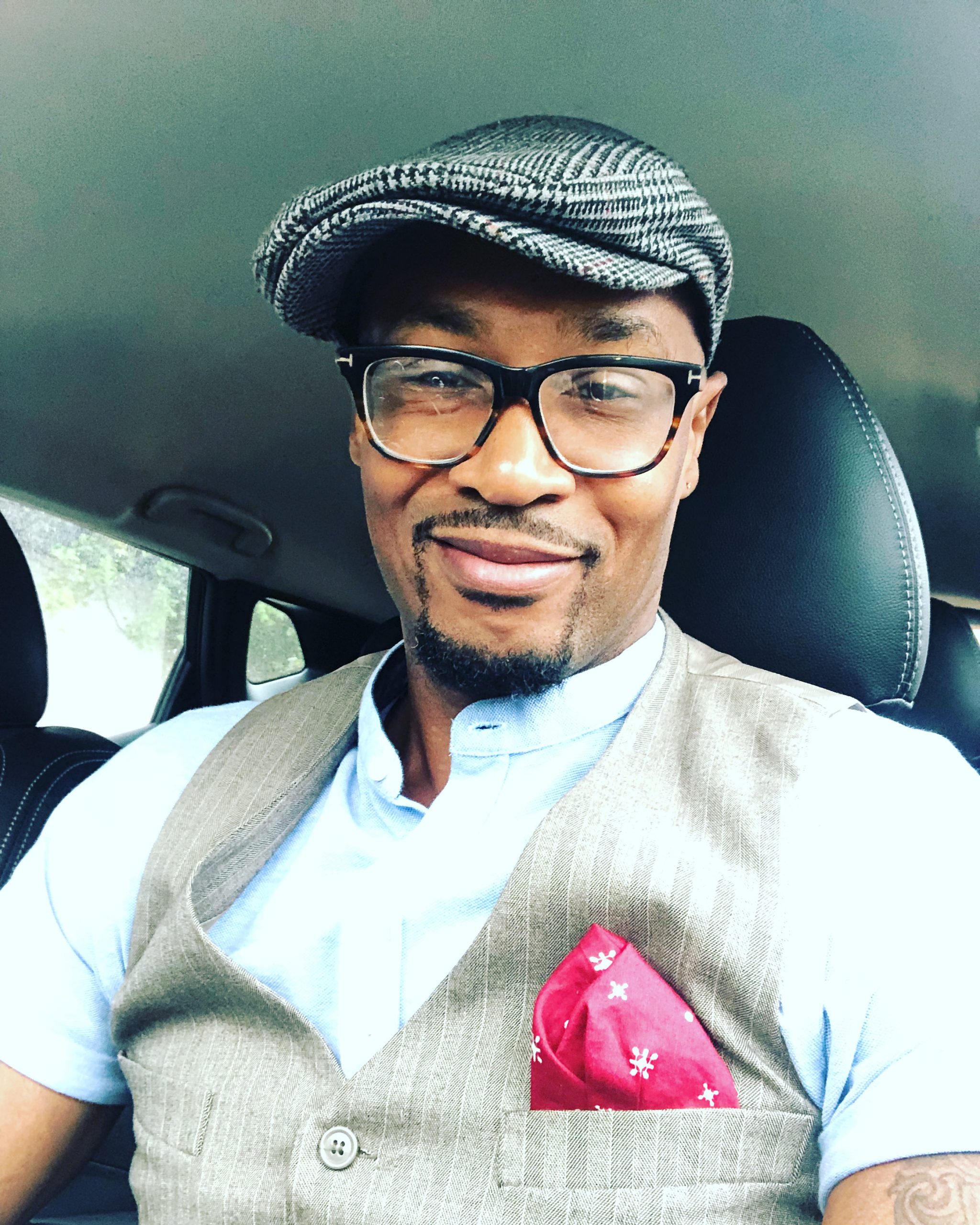
By Antoine G Larosiliere
Black people are dying…
Heart disease is the No. 1 killer for Black Americans, and stroke is also a leading cause of deaths.
Researchers say suicide is the second-leading cause of death for African American teens.
According to the US Department of Health in 2017, African Americans were twice as likely as non-Hispanic whites to die from diabetes.
According to the American Cancer Society, African Americans have the highest death rate and shortest survival of any racial and ethnic group in the US for most cancers.
According to research of deaths involving police officers, black men and boys in America are 2.5 times more likely than white men and boys to die during an encounter with cops. That’s 1 in 1,000.
Now you can add COVID-19, aka the Coronavirus, as another major killer of blacks in America. But, why is the Coronavirus dangerous to black people?
Is it because…
…black people have the most preexisting conditions?
But many of those preexisting conditions are a byproduct of neighborhoods with poor conditions that have been affected by an extensive history of redlining and exposure to toxins and pollutants.
…blacks are more likely to live in densely populated neighborhoods?
Making it extremely difficult to social distance and without social distancing, their risk of being exposed to the Coronavirus is elevated.
…black people represent 25% of public transit passengers?
Many can’t afford vehicles, the insurance or the maintenance that comes with it.
…healthcare resources are completely subpar in their neighborhoods?
Hospitals are too far away and pharmacies are inadequate.
…black men and women are over-exposed?
They represent 30% of bus drivers, and 20% of jobs considered essential, such as: food service workers, janitors, and supermarket workers.
All these factors absolutely play a role in why the coronavirus is dangerous to black people, but what role does implicit bias play?
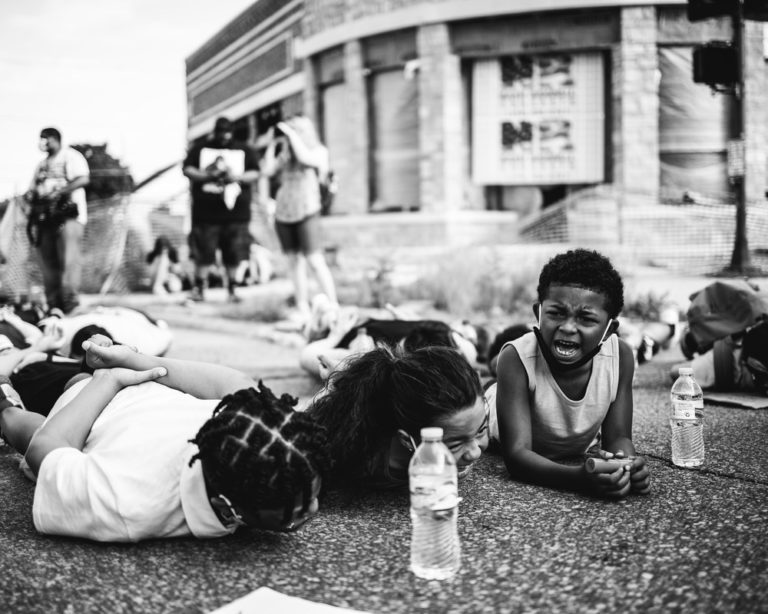
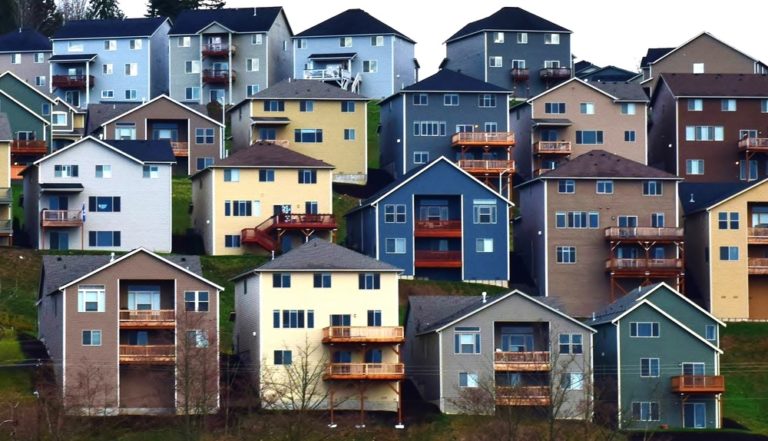
Implicit biases are unconscious attitudes and beliefs that can influence our decisions and give preference to our own group.
What is implicit bias?
Implicit biases are unconscious attitudes and beliefs that can influence our decisions and give preference to our own group. We all have theses unconscious associations about particular groups. For instance…You ever drive through a certain area and you automatically lock your doors? Are the groups of people you tend to congregate with mostly of the same race or nationality? Maybe, you need to check your implicit biases.
Implicit biases can be dangerous, especially for Black Americans.
In my anti-bullying program, we learn about how implicit bias is connected to bullying. I also teach my students about racial implicit biases, it’s impact on blacks and how it has led to a distrust of police officers in our communities. Often blacks are seen as aggressive, loud, difficult, dangerous, physically intimidating, more athletic, etc. Even educators, when told to look for challenging behaviors, were more likely to focus on the black kids than the white kids. Researchers found police officers seem to possess implicit bias that might make them more likely to shoot black suspects than white ones. Another research demonstrated that defense attorney’s overwhelmingly high caseloads and time constraints created an environment in which implicit bias influenced their acceptance of a case. In other words, If you’re black, they’ll likely assume you’re guilty, or can’t afford to pay, and therefore not take your case.
Healthcare workers have them, too.
Why is the Coronavirus dangerous to black people? Chances are many of our healthcare workers have some of these same implicit biases.
For example, one research shows 33% of clinicians held implicit biases against blacks. As a result this influenced the kind of care that black patients got. It’s likely these black patients were viewed as aggressive, difficult, and therefore less likely to receive medical attention over someone of another race. It is also very possible that because blacks are also viewed as stronger, more athletic, and more tolerable to pain, this often results in less immediate medical attention.
So what do we, as black people do?
In my anti-bullying class, I teach my students a strategy to counter the negative effects of implicit biases. I teach them to assume that everyone has an implicit bias, and when survival is the immediate need they must react opposite of the negative bias.
In other words, you must be ready to do some acting. If the perception is that black people are rude, be ready to respond as politely as possible. Since black people are often viewed as loud, be prepared to deliver a soft-spoken response. Remember, we are perceived as aggressive and difficult, so when you show up to the emergency room, be calm and understanding from the onset. Do not sugarcoat the intensity of the pain or your symptoms. We are also perceived for having higher pain thresholds, that has led to delayed attention for immediate medical needs. Make sure you sell the seriousness of your condition, or risk not receiving the proper treatment and care. We don’t need more black lives to be lost, especially to COVID-19.
I hope this has been helpful! Many strategies including the one I just mentioned can also be found in the novel The Bully Experience: Daniel’s Story. Also subscribe to the YouTube channel for more insight to these topics.
